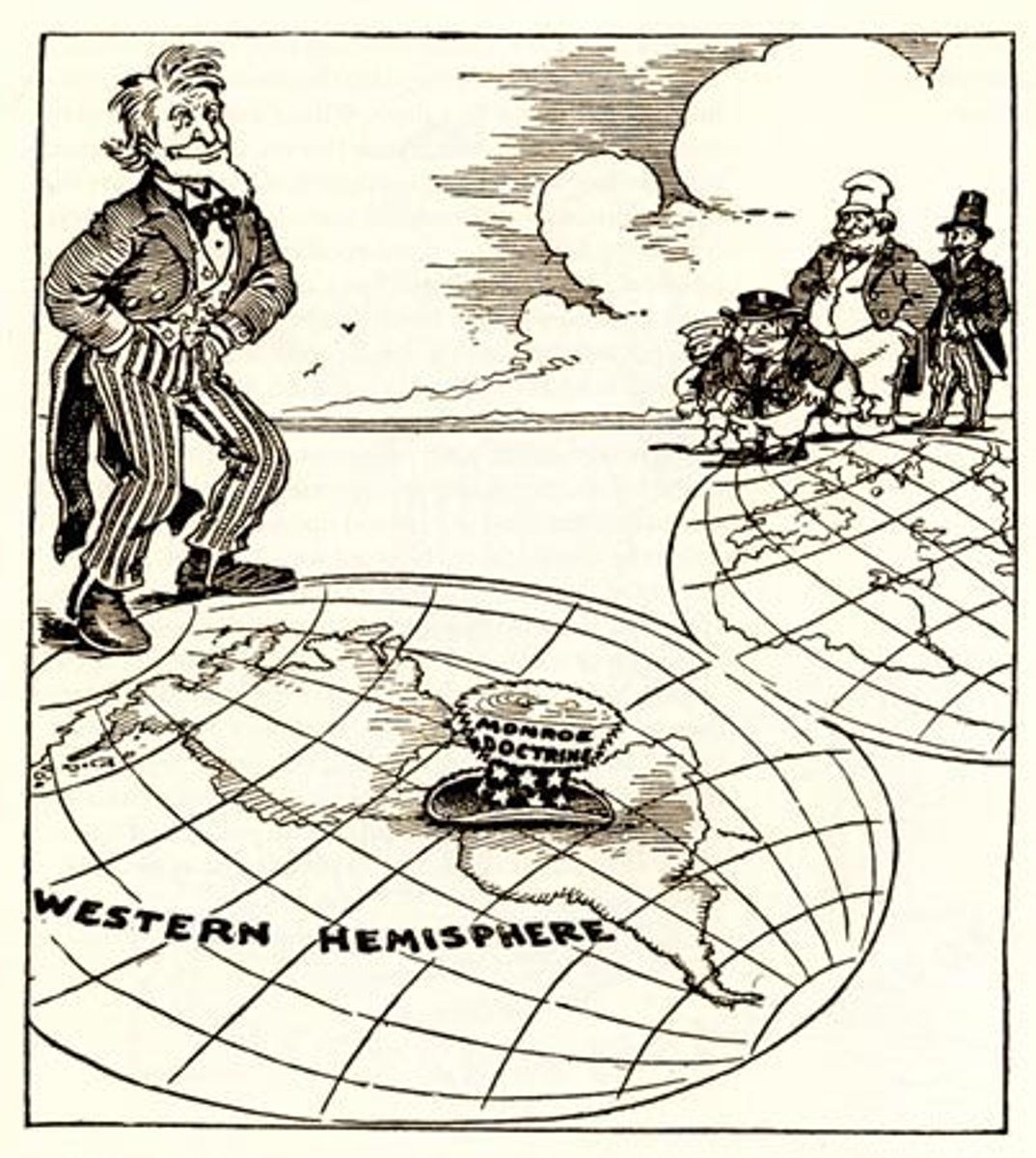New Republic Test
1/46
There's no tags or description
Looks like no tags are added yet.
Name | Mastery | Learn | Test | Matching | Spaced |
|---|
No study sessions yet.
47 Terms
capitalism
an economic system based on the private ownership of farms and businesses
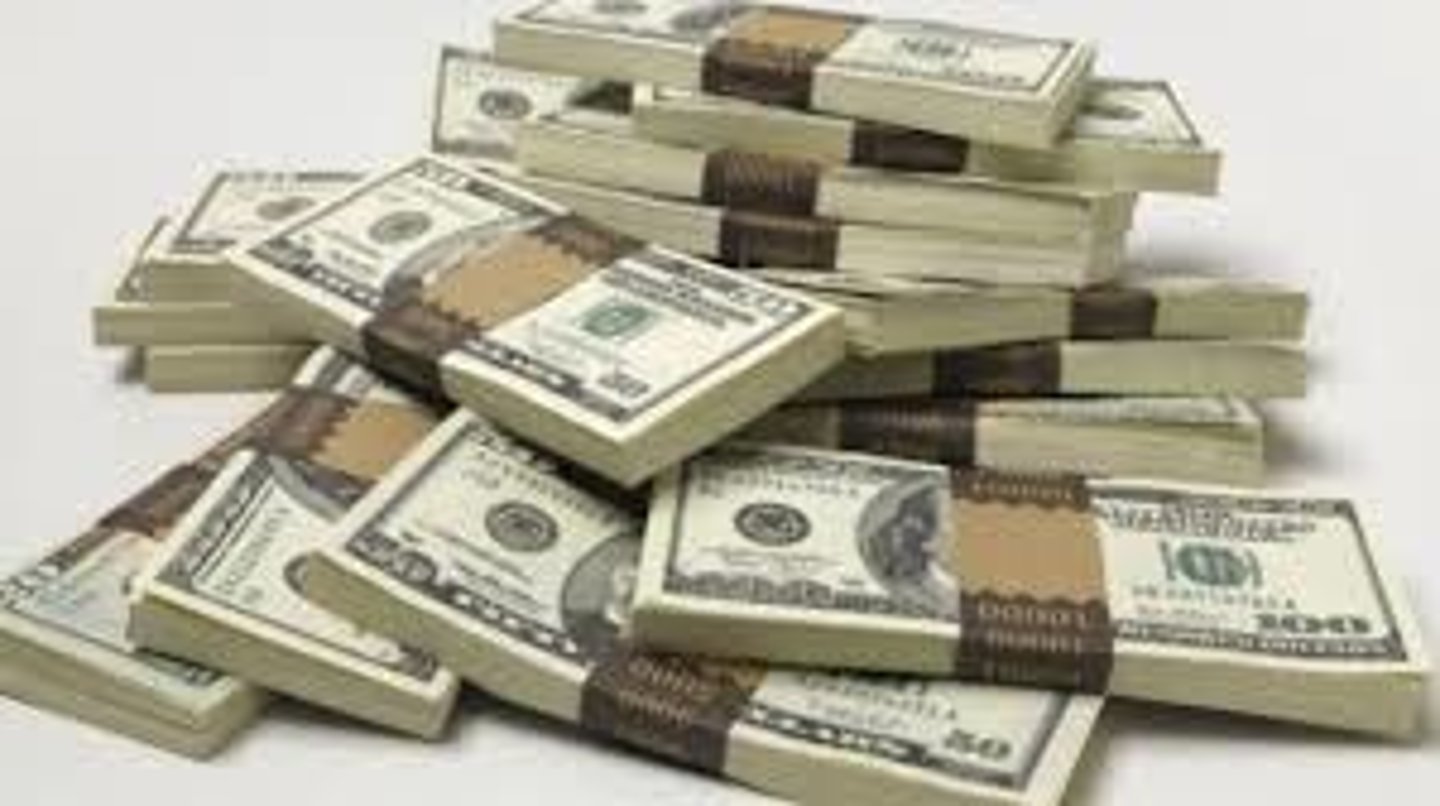
embargo
a government order that forbids trade with another country
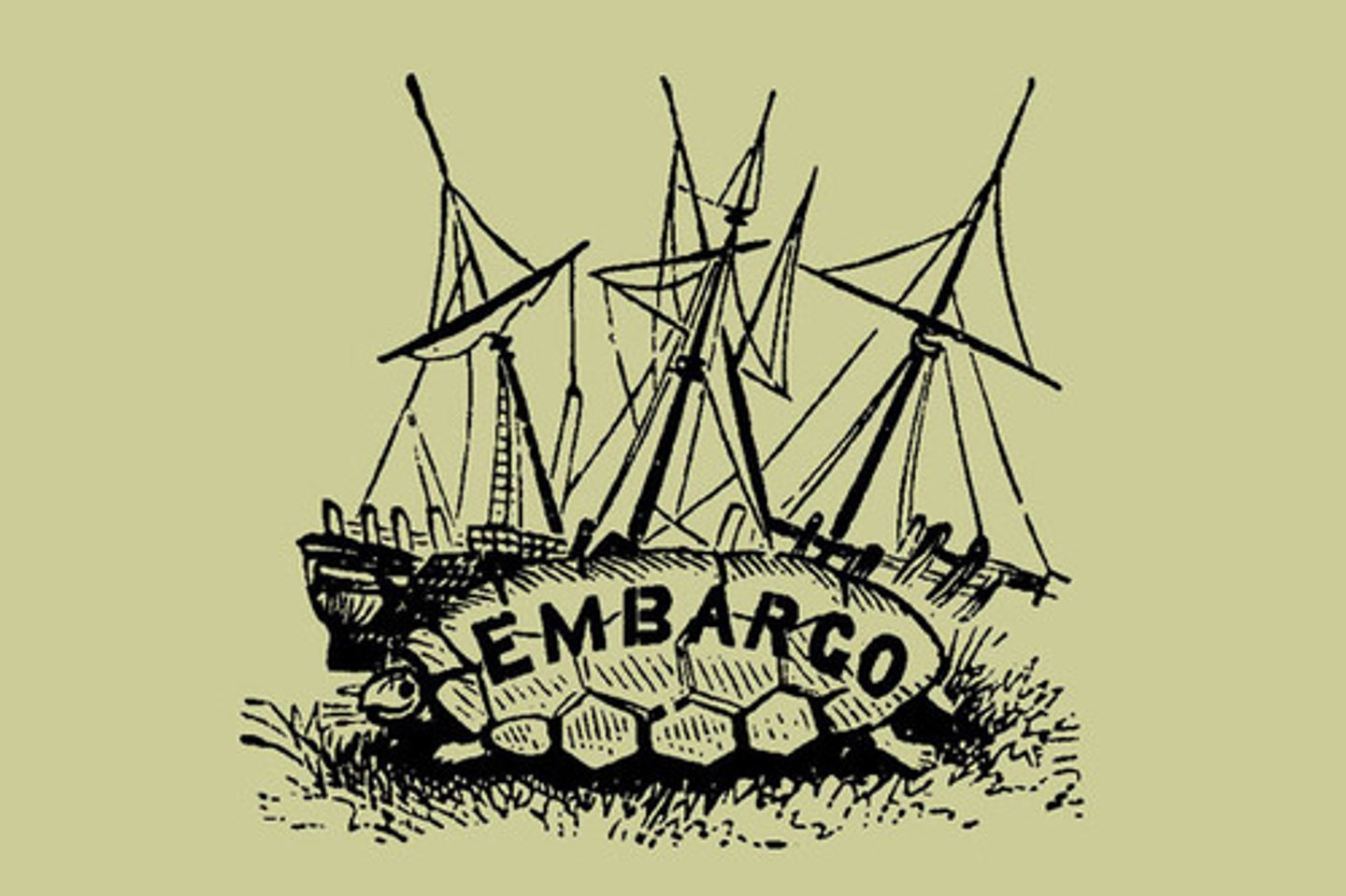
impressment
the practice of kidnapping and forcing men to serve in the navy against their will
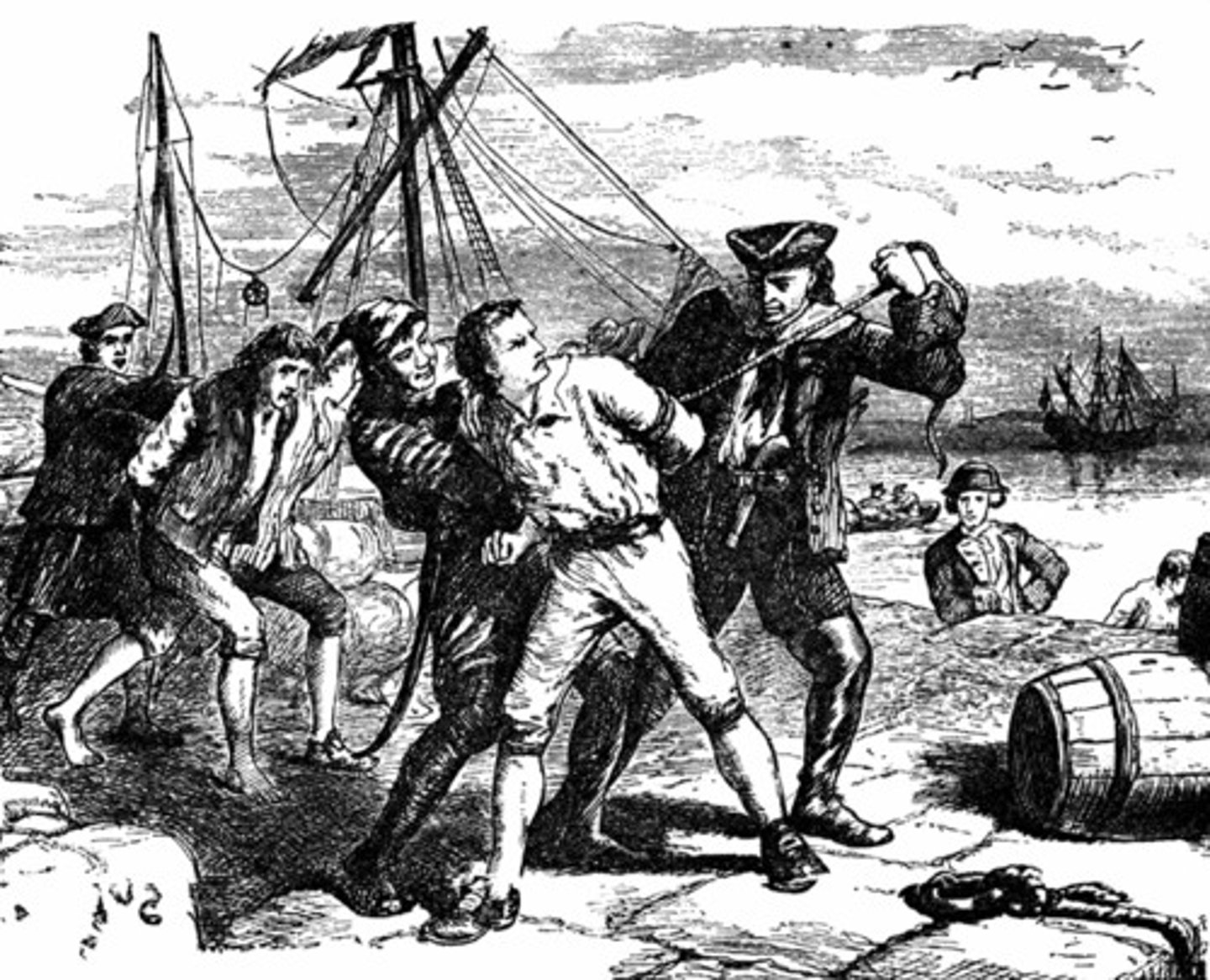
neutrality
a policy of not choosing sides in a dispute or war between other countries
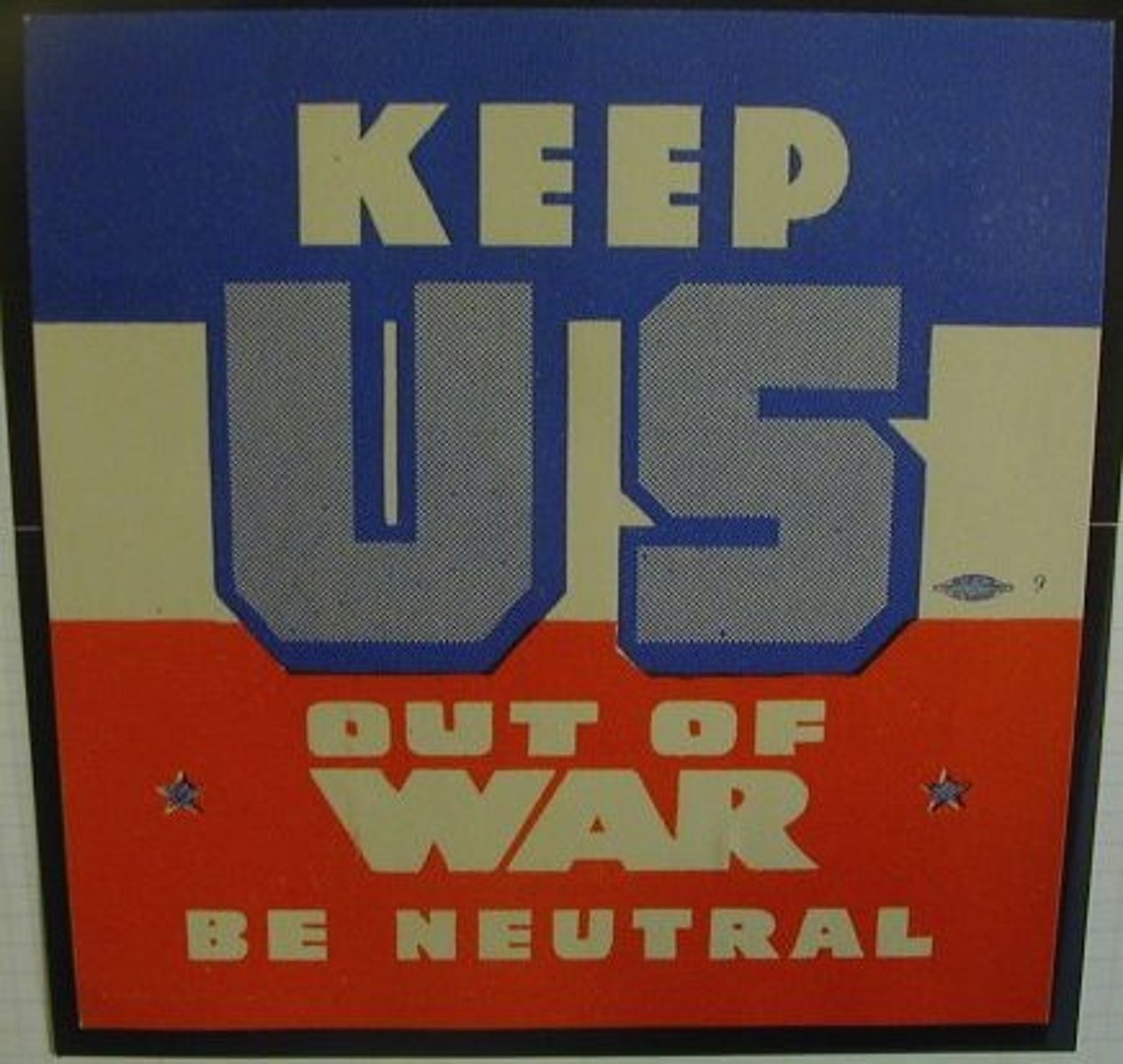
nullify
to refuse to recognize a federal law. This action by a state is called nullification.
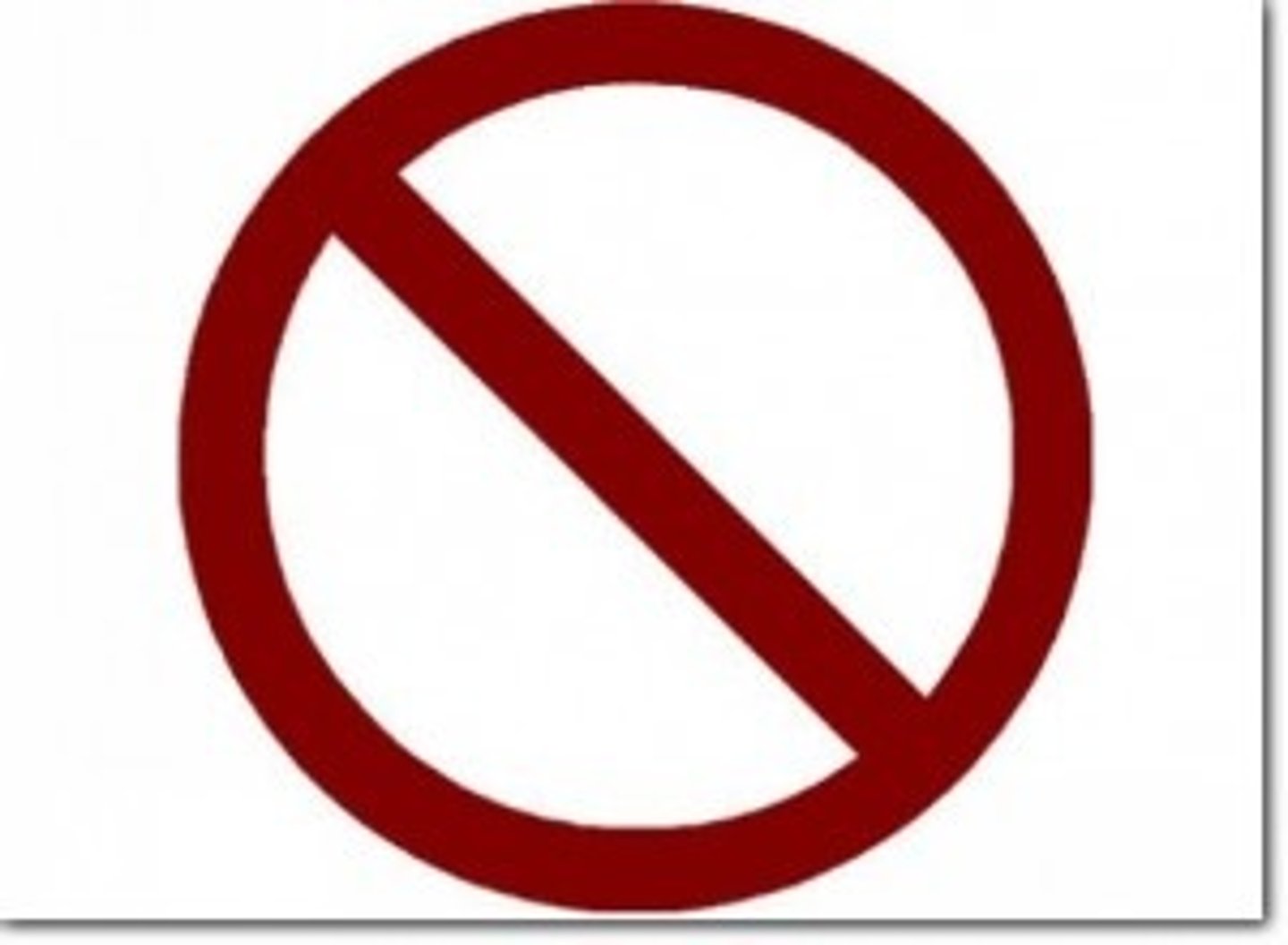
precedent
an earlier event or action that serves as an example or guide to be followed in the future
tariff
a tax imposed by the government on goods imported from another country
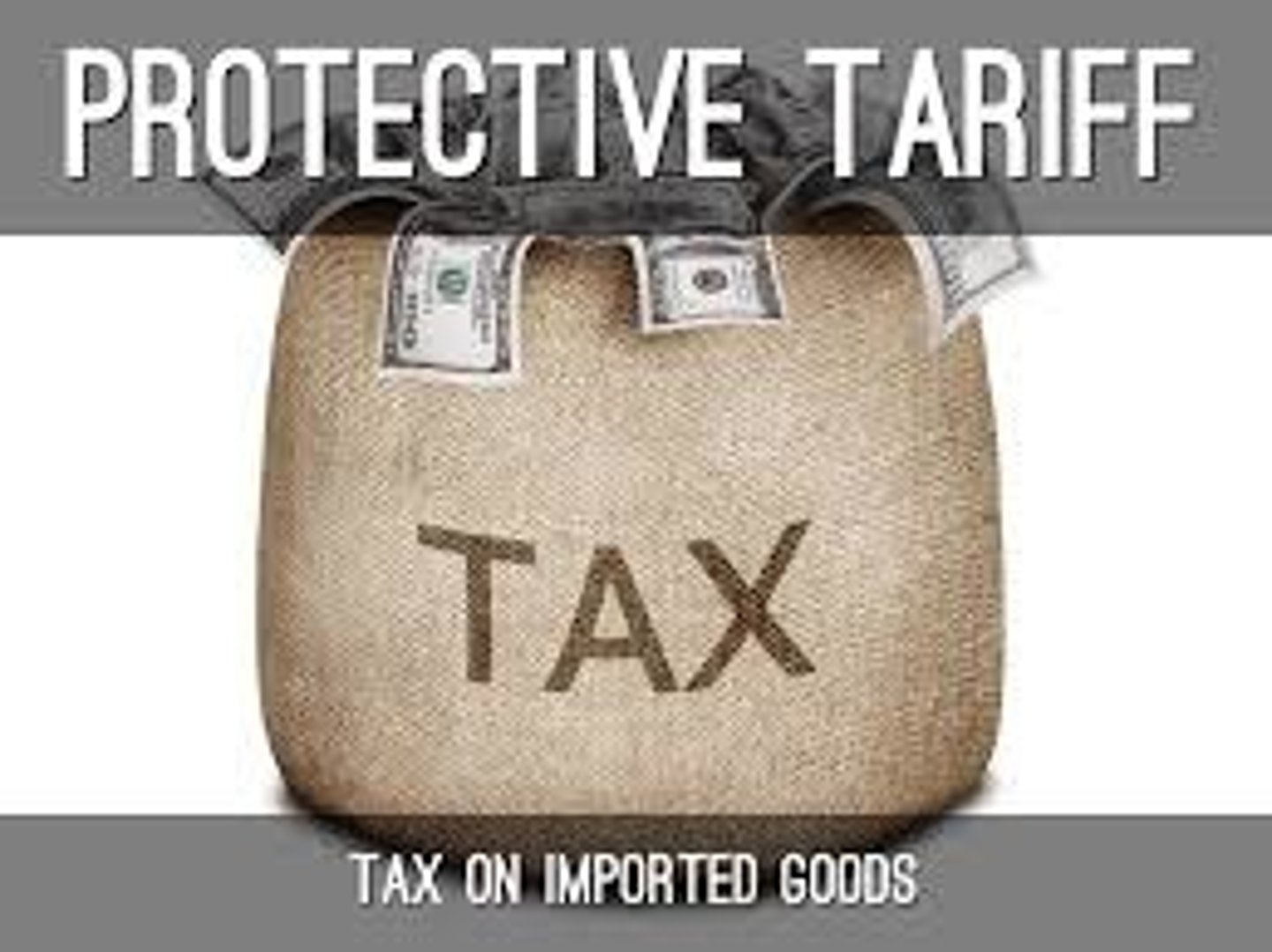
treaty
a formal agreement between two or more nations
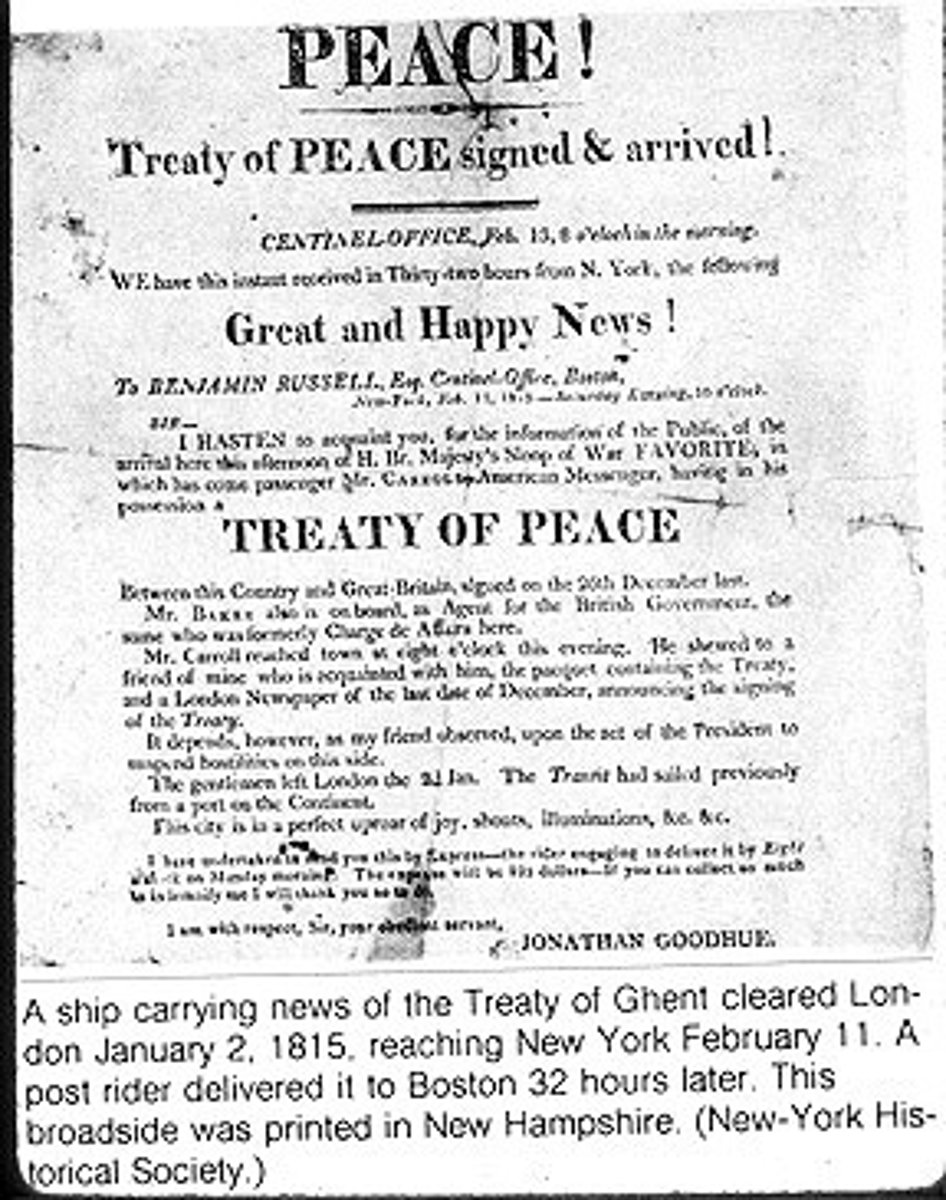
George Washington
First President of the United States who set many precedents for future presidents
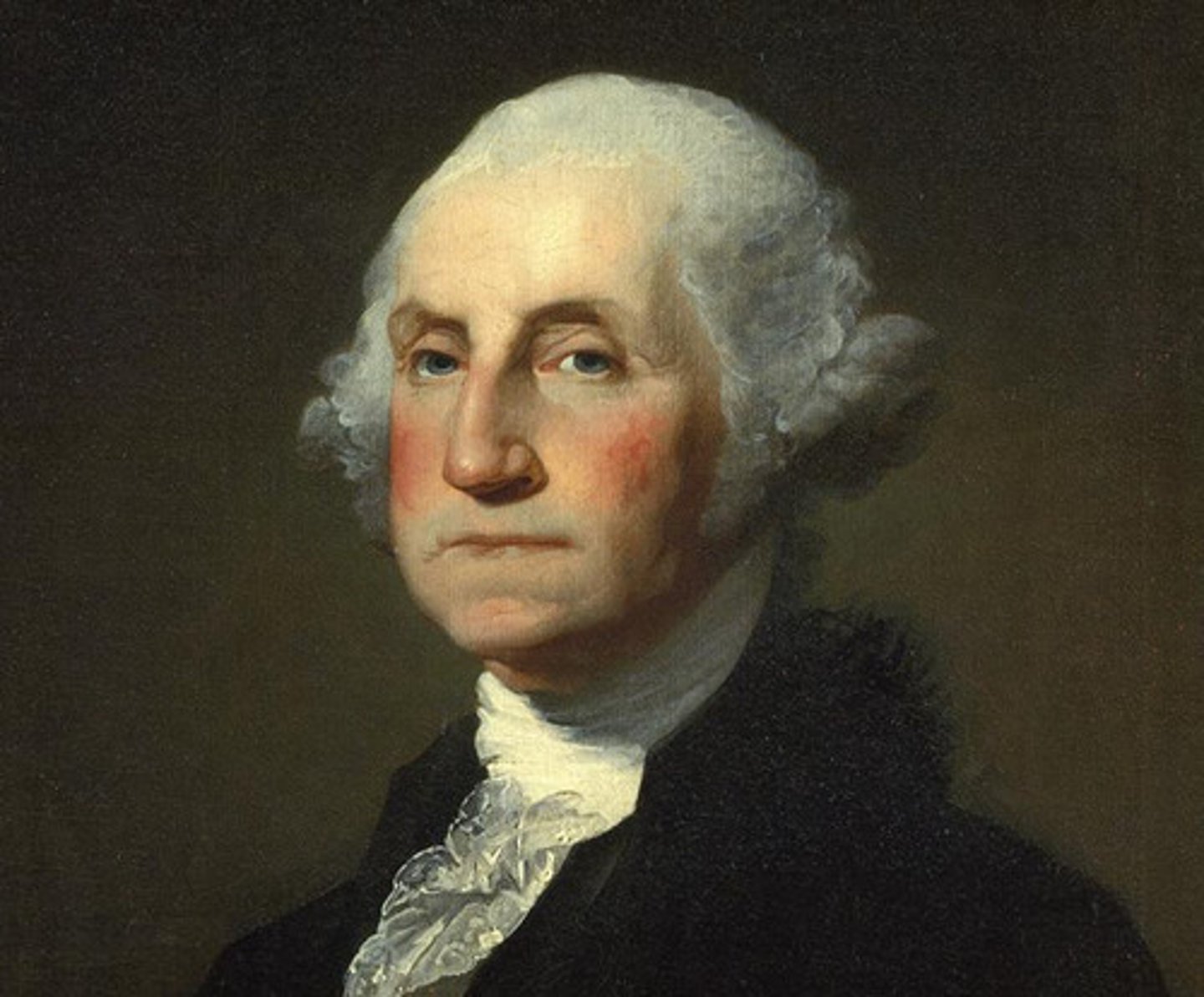
Washington's Cabinet
Vice President = John Adams
Secretary of State = Thomas Jefferson
Secretary of Treasury = Alexander Hamilton
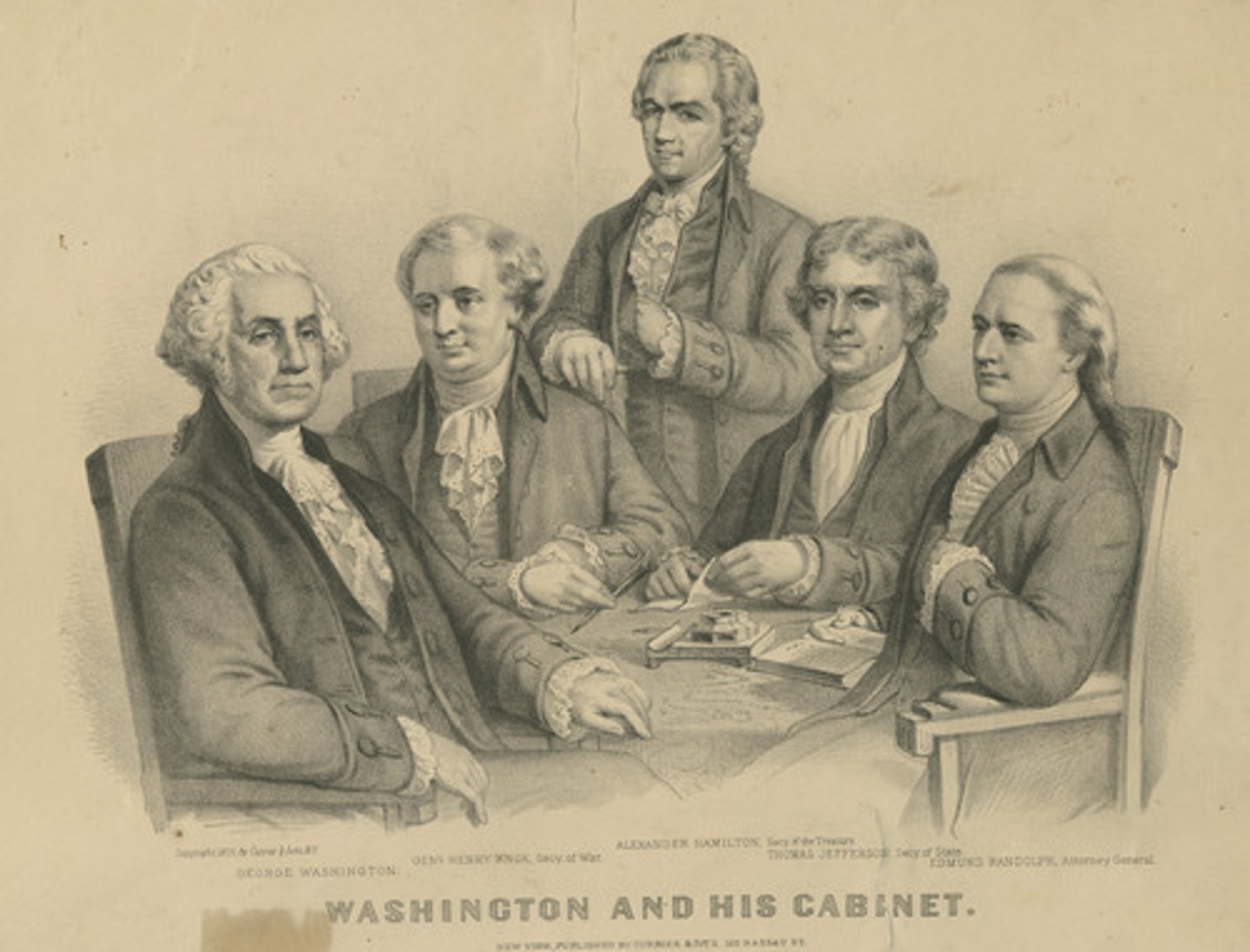
Whiskey Rebellion
- Farmers in western Pennsylvania rebelled over the taxation of whiskey
- Washington sent in troops to put down the rebellion
- Washington's actions demonstrated the power of the new federal government under the Constitution
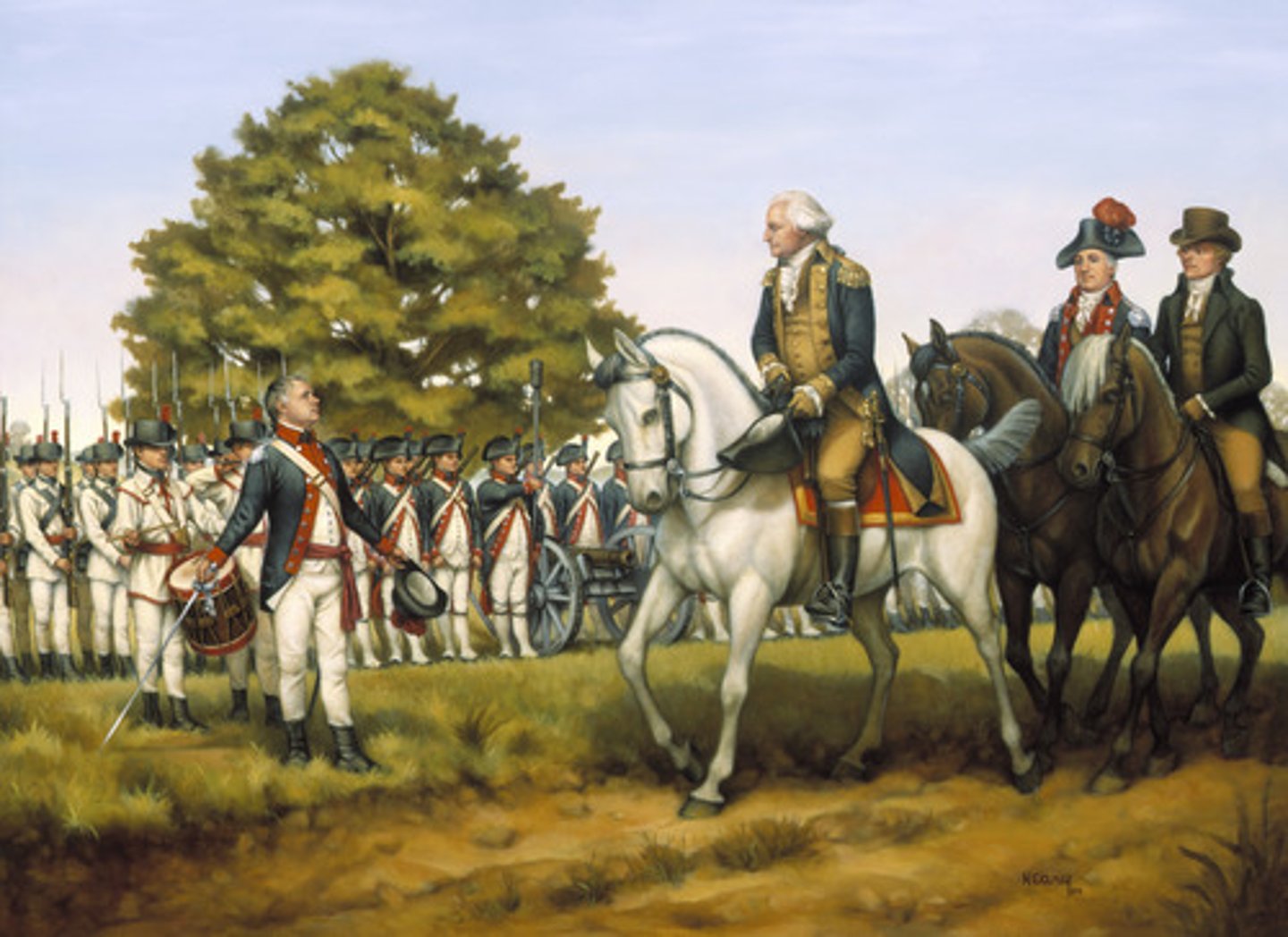
Federalists
- Founder = Alexander Hamilton
- Favored a stronger federal government
- Believed that only the wealthy and educated should run the country
- Wanted the economy to be based on business, trade and manufacturing
- Believed the elastic clause gave Congress the power to create a national bank
- Supported Britain in their war with France
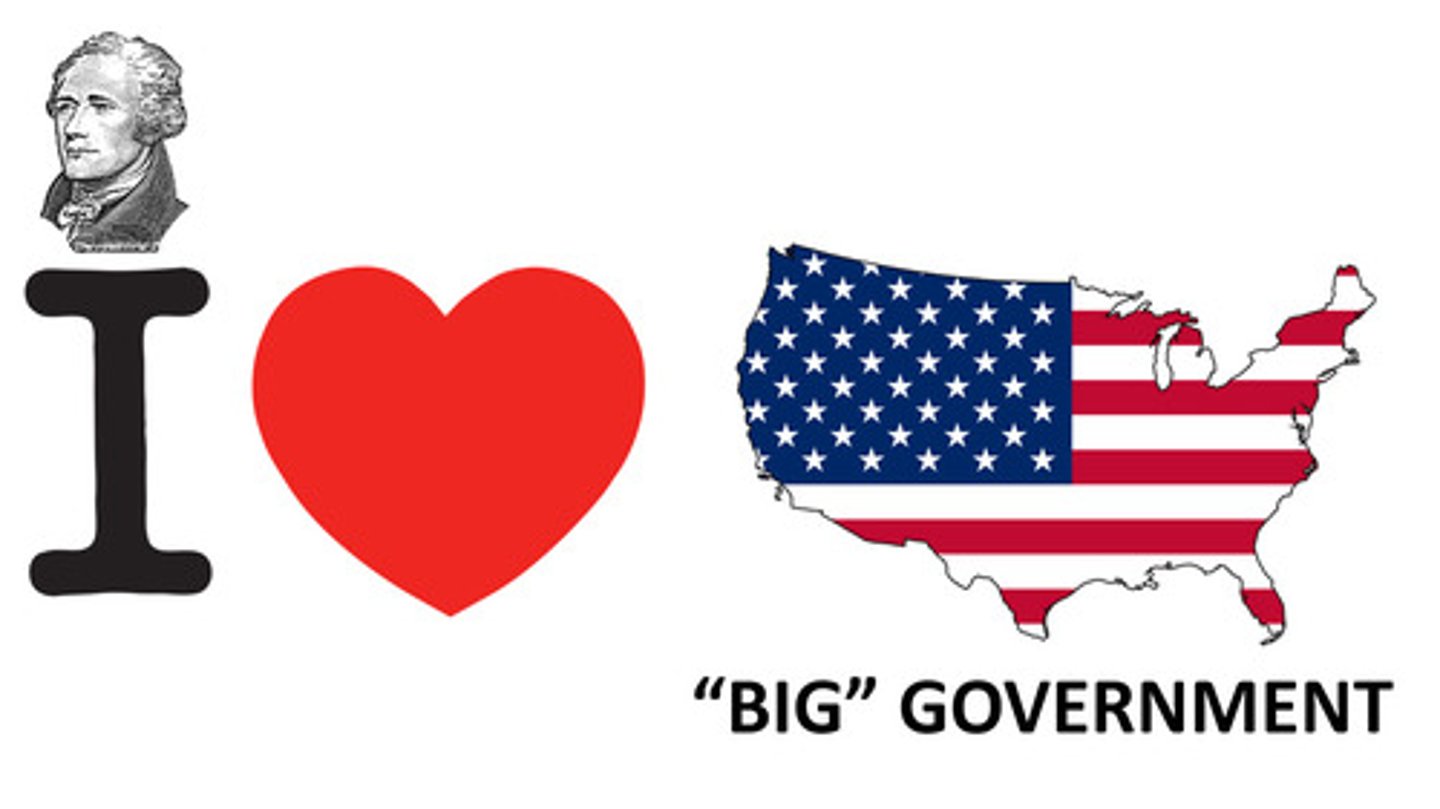
Democratic-Republicans
- Founder = Thomas Jefferson
- Favored a weaker federal government with stronger states' rights
- Believed that farmers and average people were the most suited to run the country
- Wanted the economy to be based on agriculture
- Believed that a national bank was unconstitutional
- Supported the French Revolution to overthrow the monarchy and the French in their war with Britain
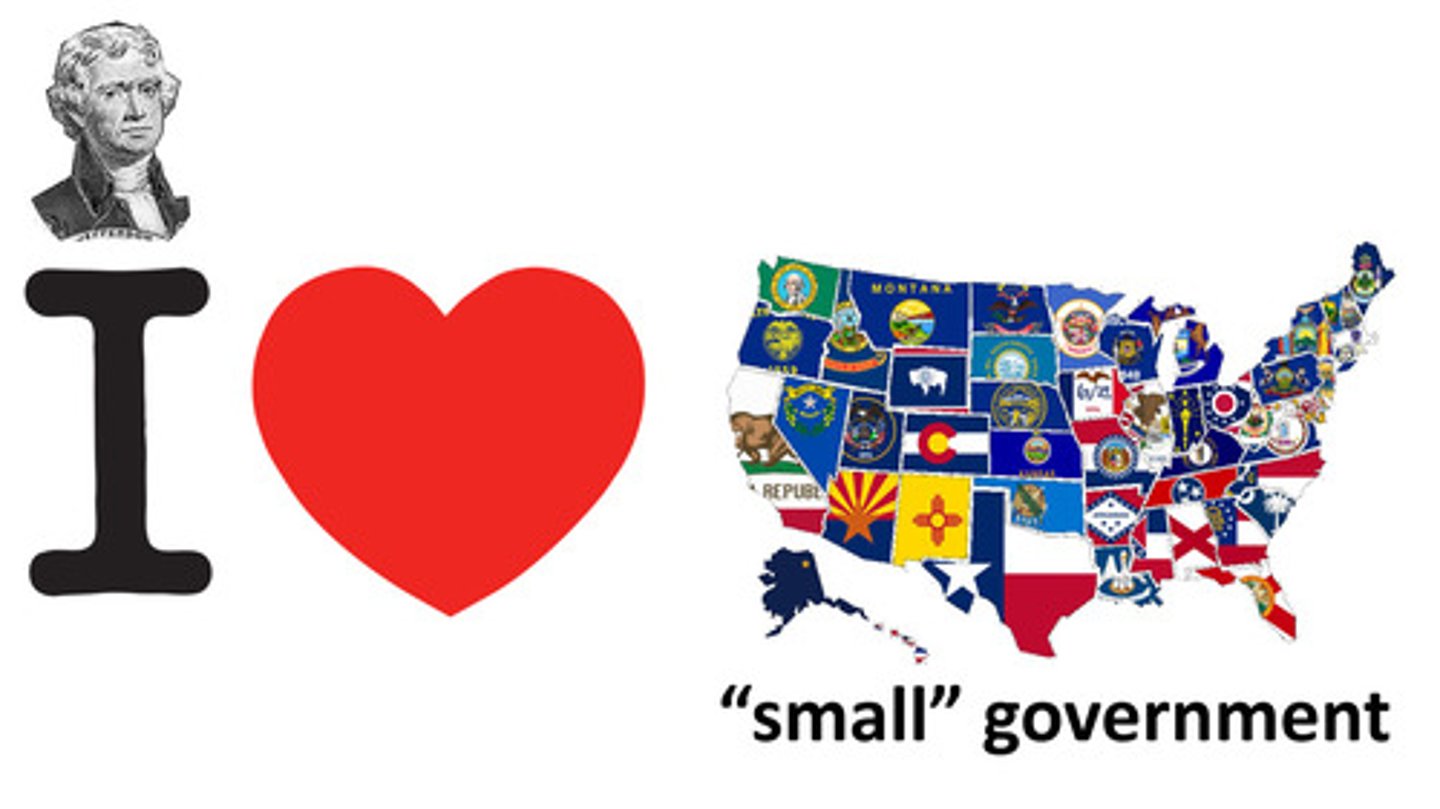
Proclamation of Neutrality
Washington announced a policy of neutrality where the United States would not take sides in the war between Britain and France
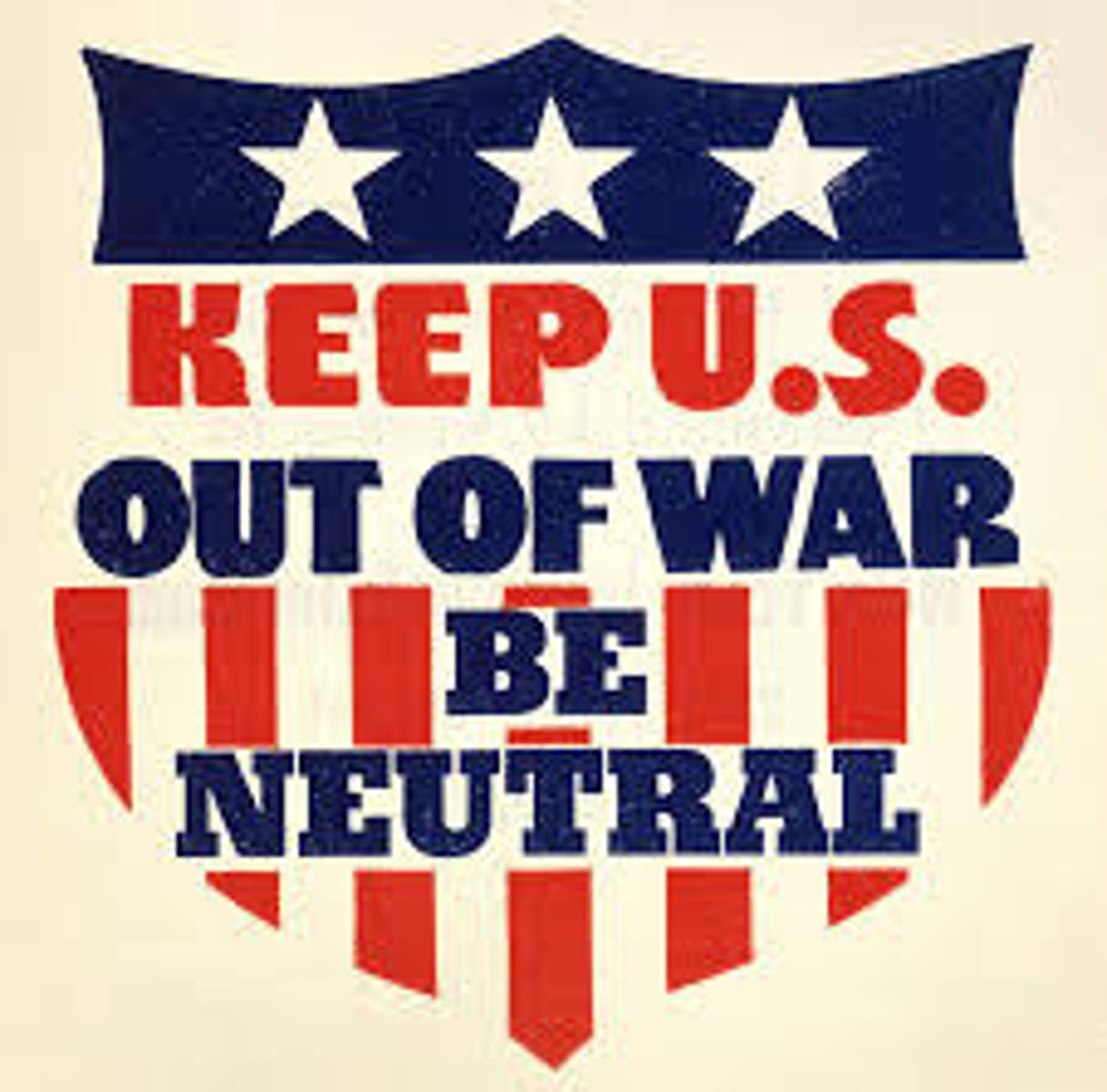
Jay Treaty
- The British Navy was attacking US merchant ships headed for France
- Washington sent John Jay to negotiate a treaty with them
- France felt the Jay Treaty violated its own treaty with the United States from the American Revolution, so they began attacking US merchant ships
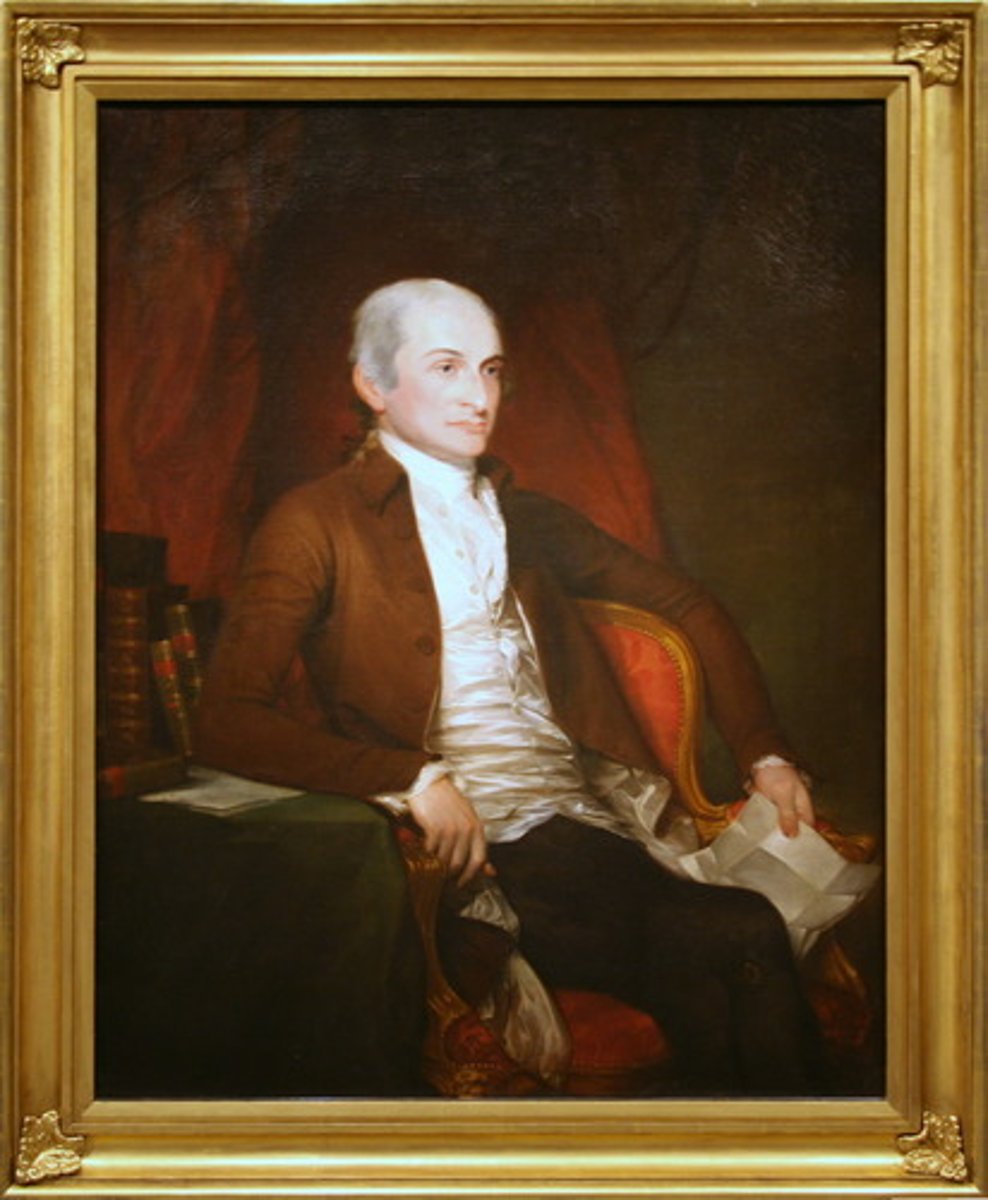
Washington's Farewell Address
Warned the American public about two things:
- Political parties
- Permanent foreign alliances with other countries
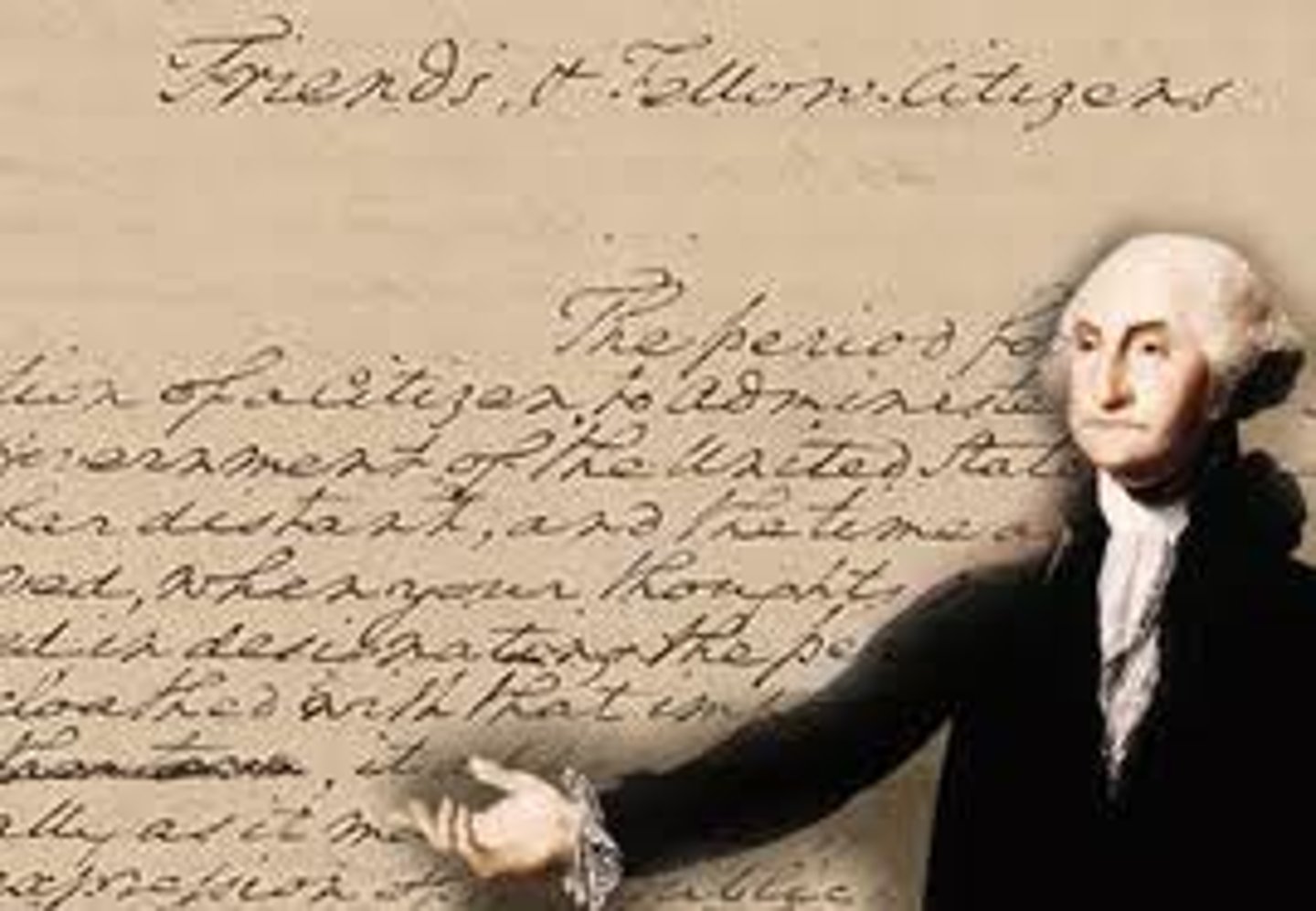
John Adams
- Second President
- Federalist
- First President to live in the White House
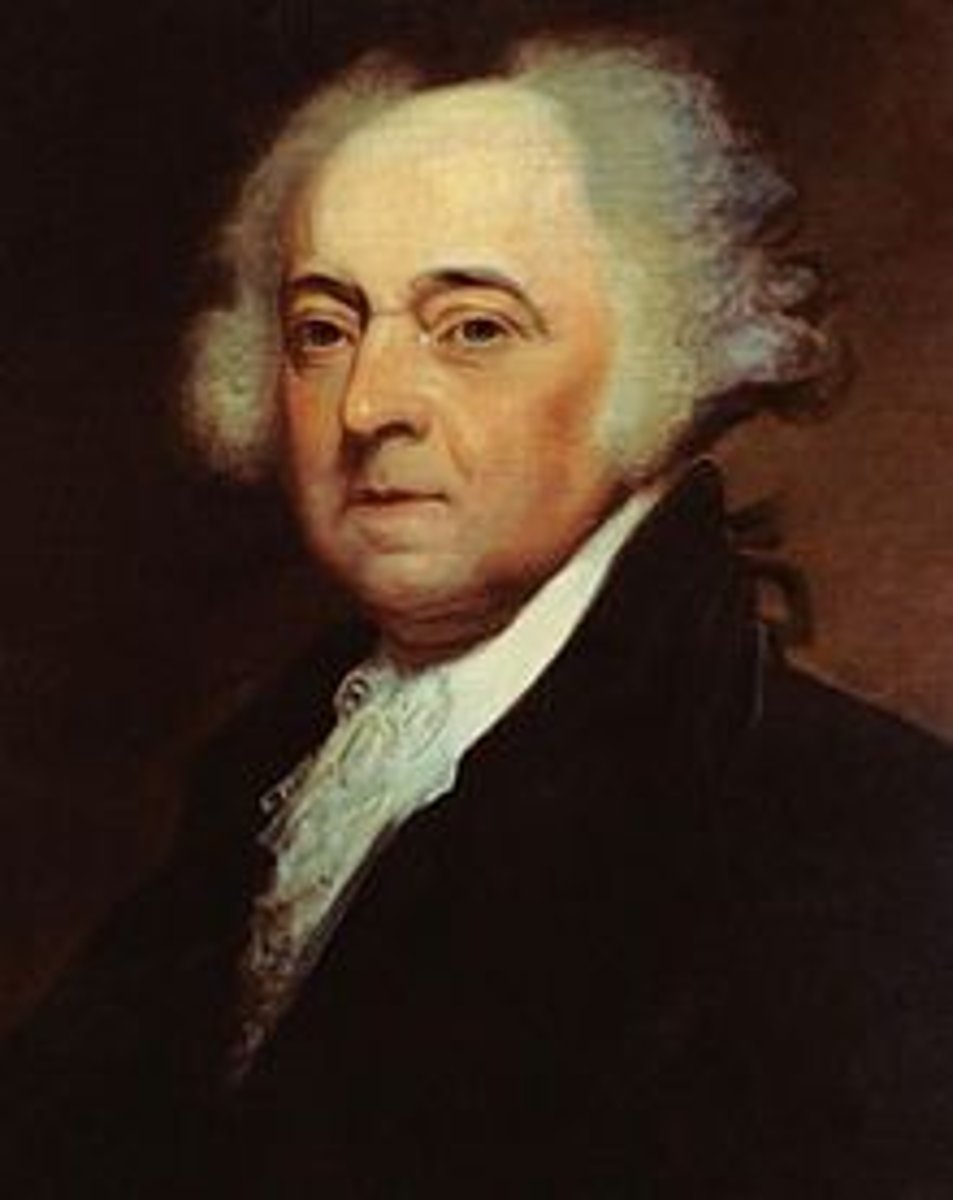
XYZ Affair
- Upset that the US was not aiding them in their war with Britain, the French started seizing US trade ships in the Atlantic Ocean
- President Adams sent three officials to France, hoping to restore peace
- French agents stated that no peace talks would be held between the United States and France unless the United States paid a tribute of $250,000 and several million dollar loan
- Many Americans, especially Federalists, wanted the US to declare war on France
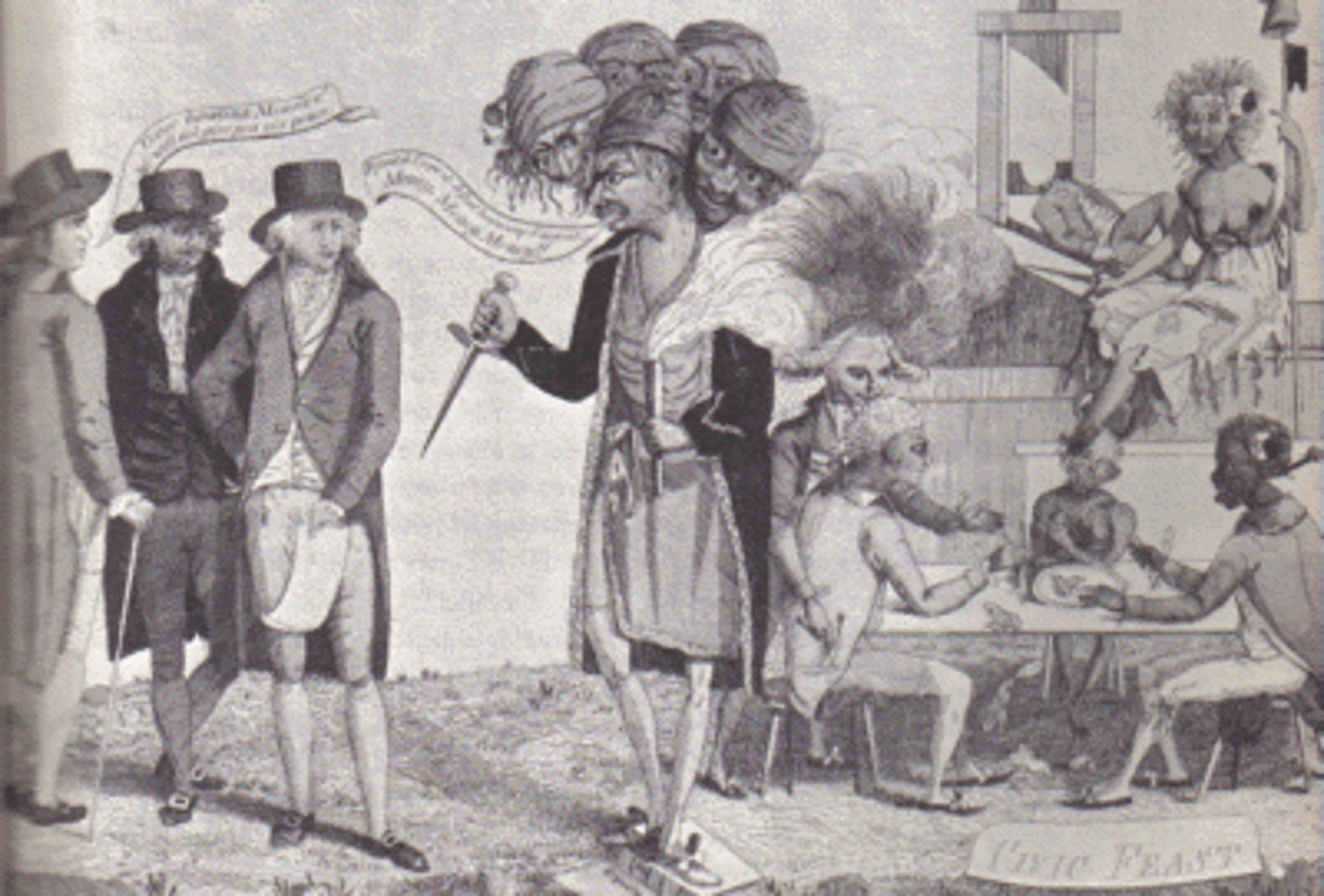
President Adams' Response to the XYZ Affair
- Adams asked Congress to increase the size of the army, rebuild the navy, and create a separate Department of the Navy
- Quasi-War: an undeclared naval "half war" fought with France
- Eventually negotiated a truce with Napoleon and agreed to end the previous alliance from the American Revolution

Alien & Sedition Acts
- Alien Acts made it more difficult for immigrants to become citizens of the United States
- Sedition Act made it a crime to criticize the government
- Designed to target Democratic-Republicans
- Violated the First Amendment of the Constitution (freedom of speech)
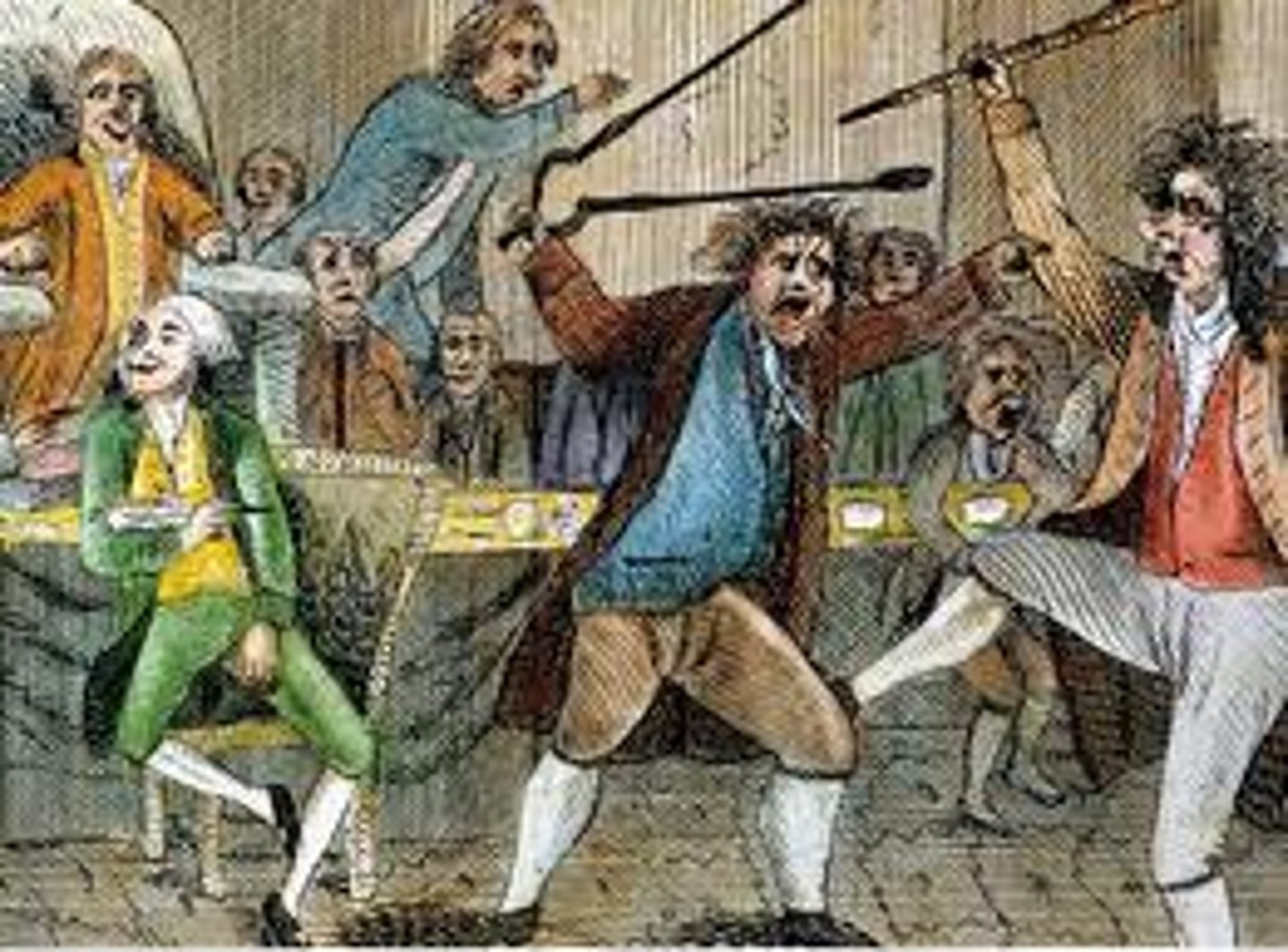
Virginia & Kentucky Resolutions
- Thomas Jefferson and James Madison drew up a set of resolutions, or statements, denouncing the Alien and Sedition Acts and sent them to state legislatures for approval
- They argued that Congress had violated the Constitution in passing these acts, and that the states had a duty to nullify them
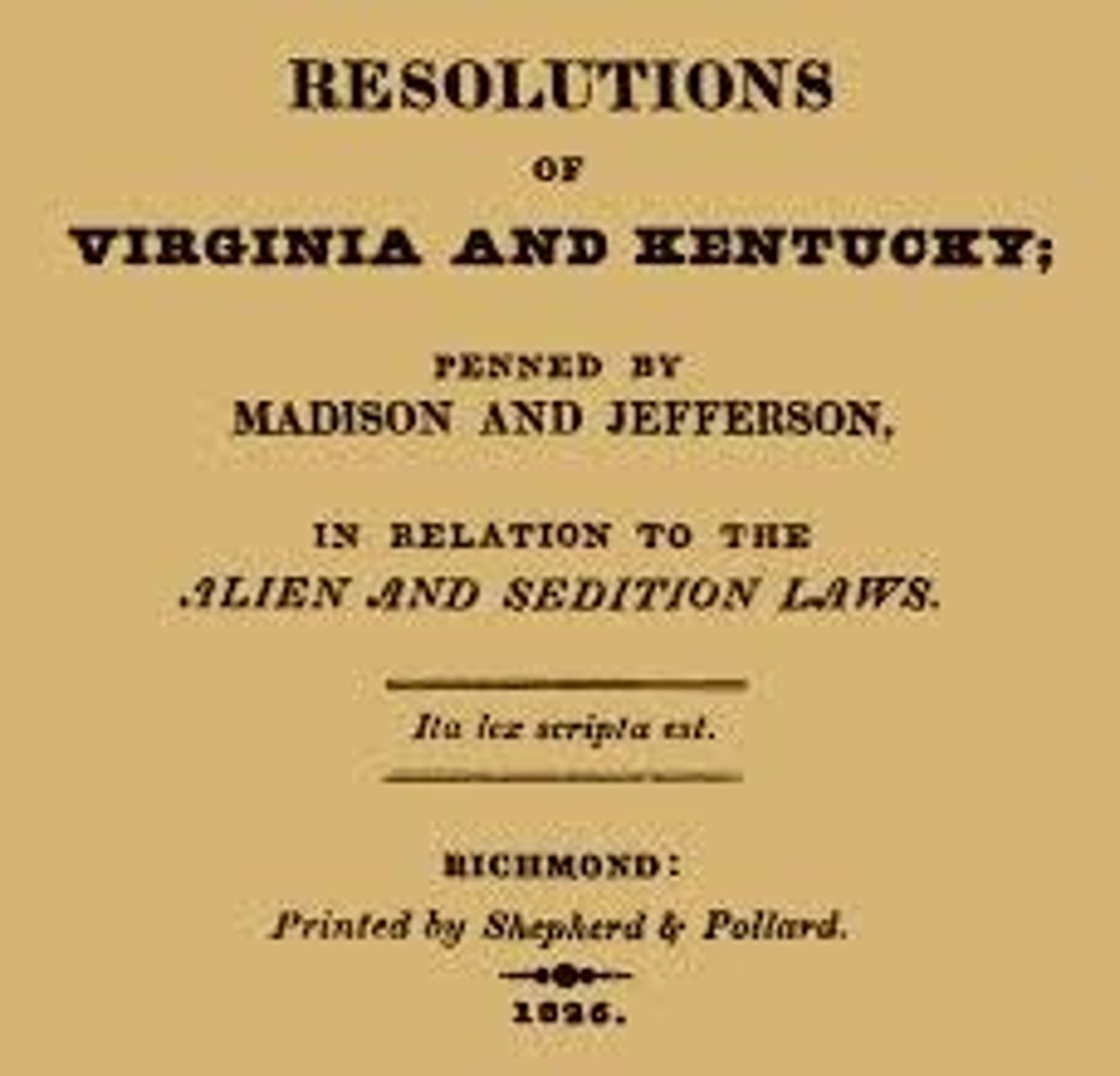
Election of 1800
- John Adams (Federalist) vs. Thomas Jefferson (Democratic-Republican)
- Charles Cotesworth Pinckney ran to be Adams' vice president
- Aaron Burr ran to be Jefferson's vice president
- Lots of nasty campaigning, or "mudslinging," between the parties/candidates
- Ended in a tie between Jefferson & Burr, with 73 electoral votes each
- House of Representatives broke the tie after Alexander Hamilton convinced them to vote for Jefferson
- Jefferson became president, Aaron Burr became vice president
- First time that the power of the federal government shifted peacefully from one party to the other
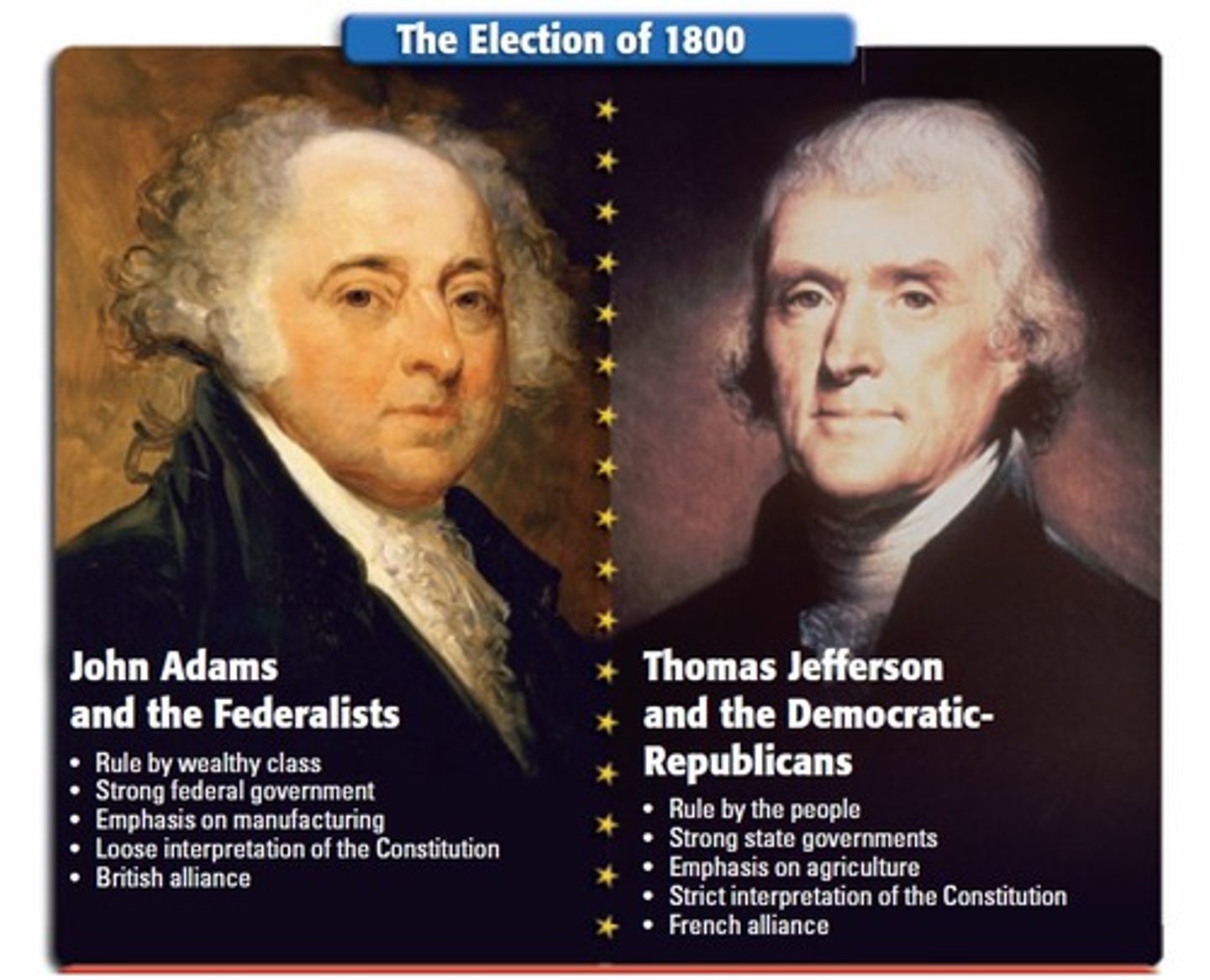
Twelfth Amendment
- Changed the voting process for future presidential elections
- President and Vice President would be voted upon separately and run on the same ticket
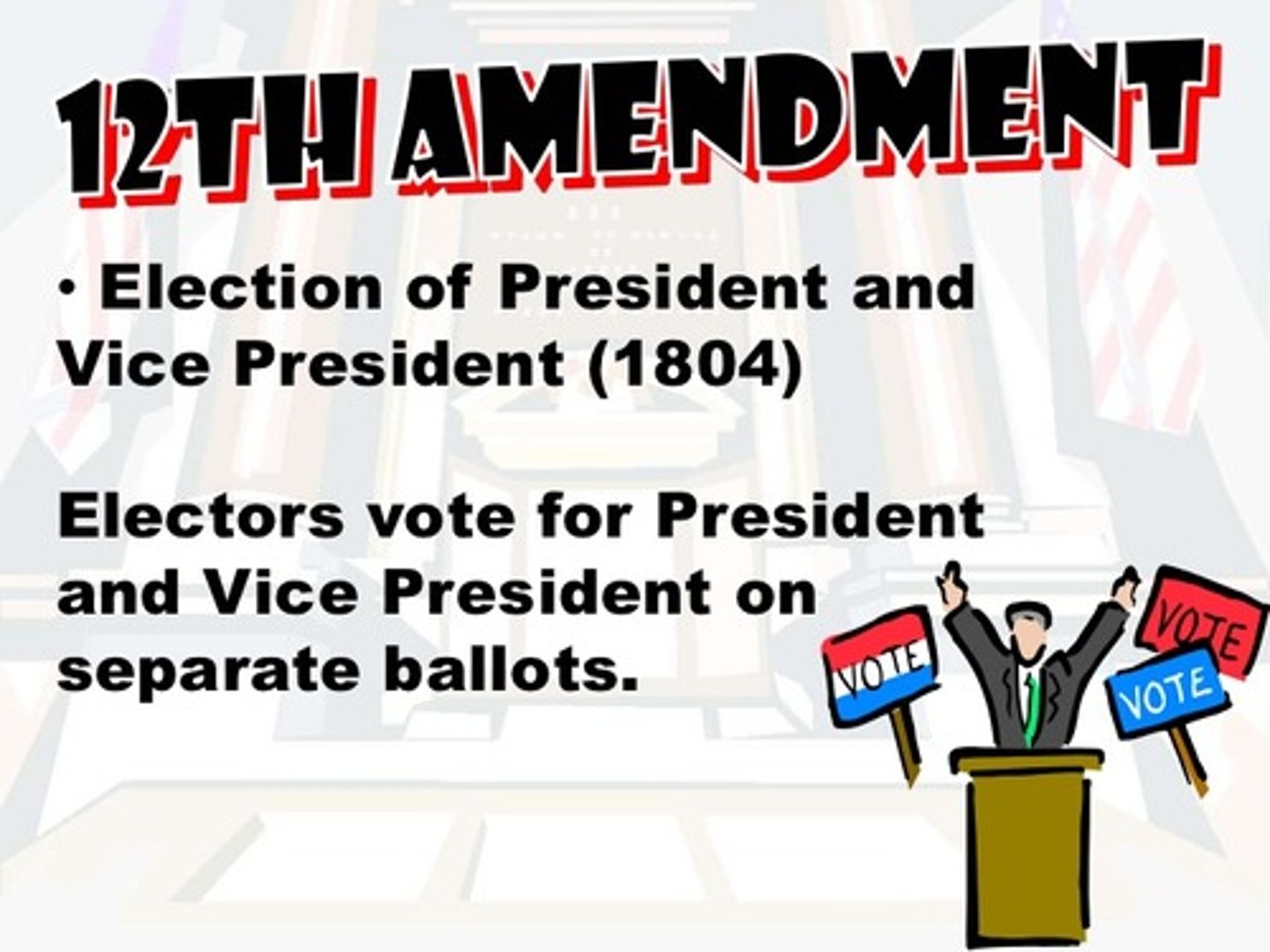
Thomas Jefferson
- Third President
- Democratic-Republican
- Completed the Louisiana Purchase during his Presidency
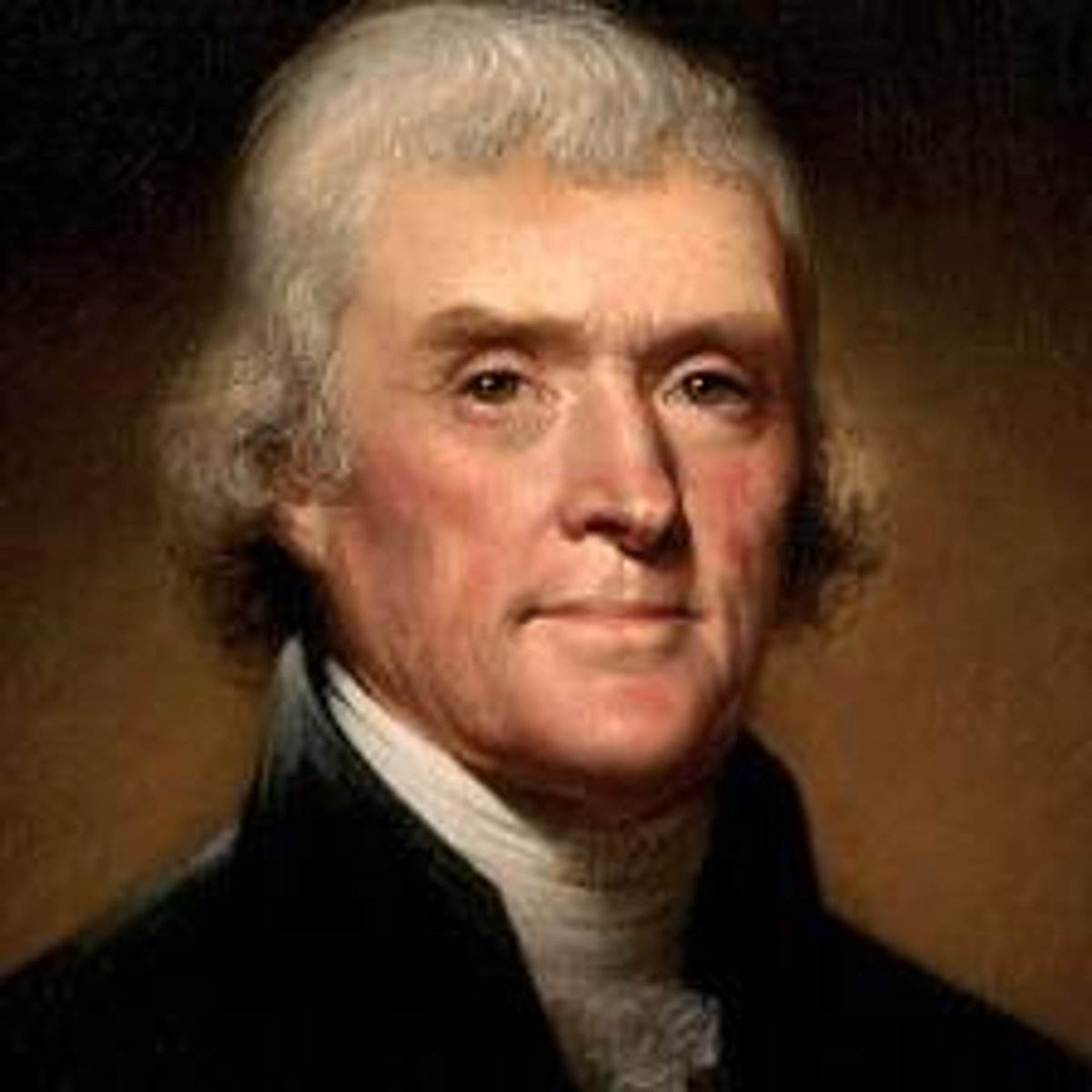
Marbury v. Madison
Landmark Supreme Court case that established the court's power of judicial review = to declare laws/actions of the other branches unconstitutional
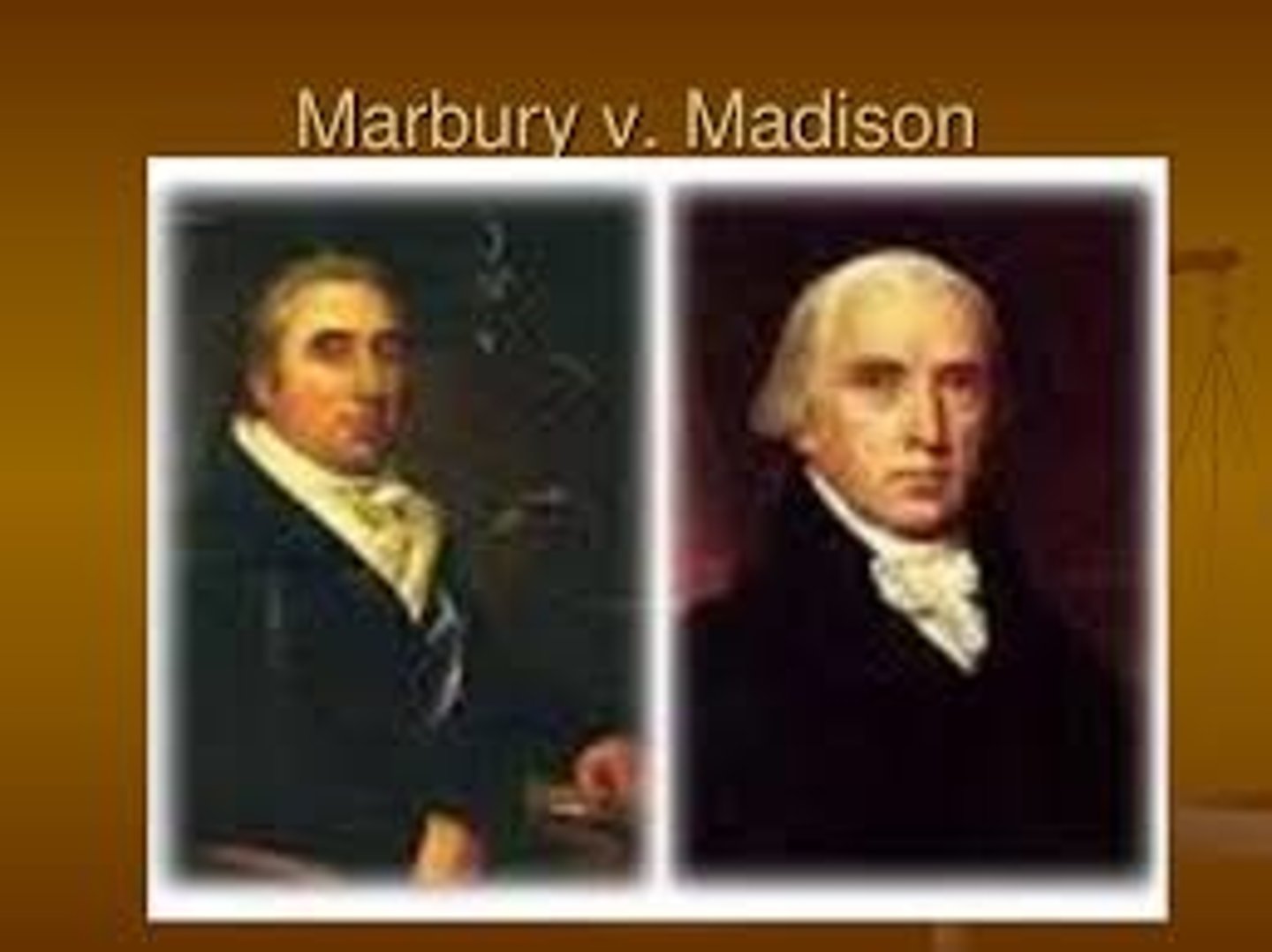
Louisiana Purchase
- Purchased from French leader Napoleon Bonaparte, who needed money to fund his war with the British
- Cost $15 million for the entire Louisiana Territory, or less than 3 cents an acre (incredible deal)
- Nearly doubled the size of the United States
- Some people questioned whether it was constitutional or not, since the Constitution does not give the president the power to buy land
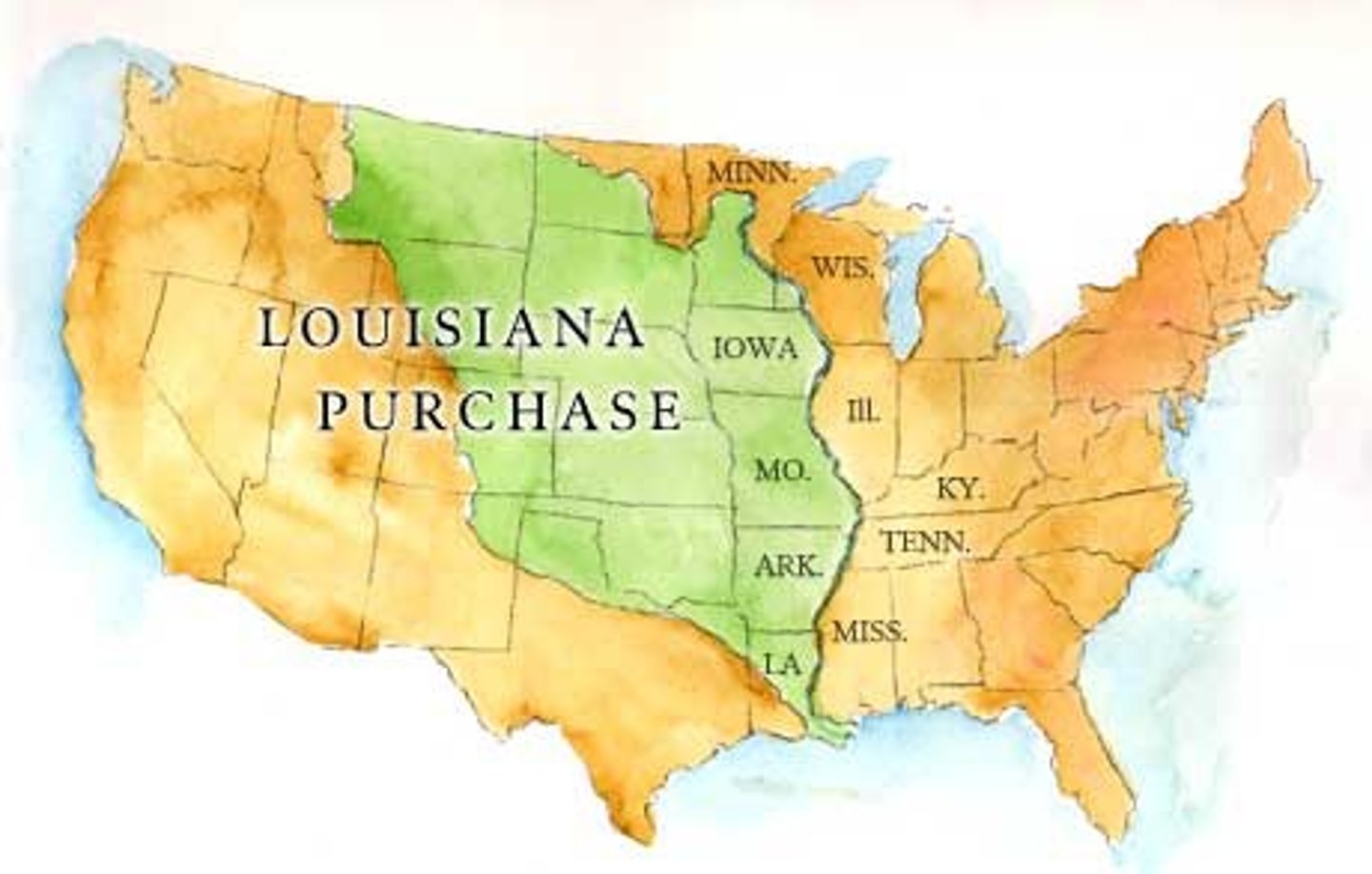
Lewis & Clark Expedition
- Explored the newly purchased Louisiana Territory
- Mapped a route to the Pacific Ocean
- Made contact and established relations with Indigenous people living in the territory
- Collected information about plants and animals in the territory
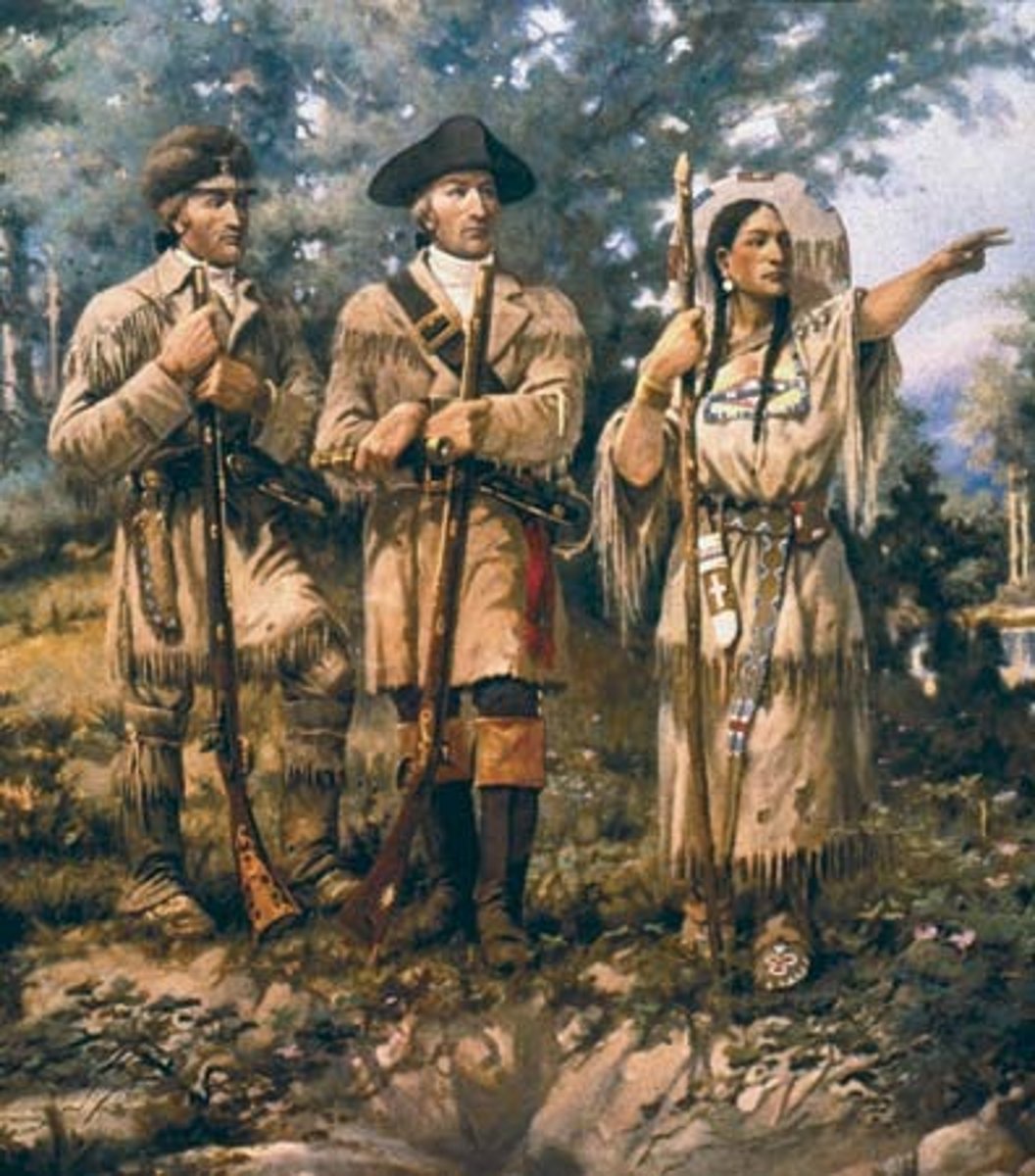
The Duel
- After a long history of personal bitterness and animosity towards one another, Vice President Aaron Burr challenged Alexander Hamilton to a duel on July 11, 1804
- Burr shot and killed Hamilton, was charged with murder, and had to go on the run
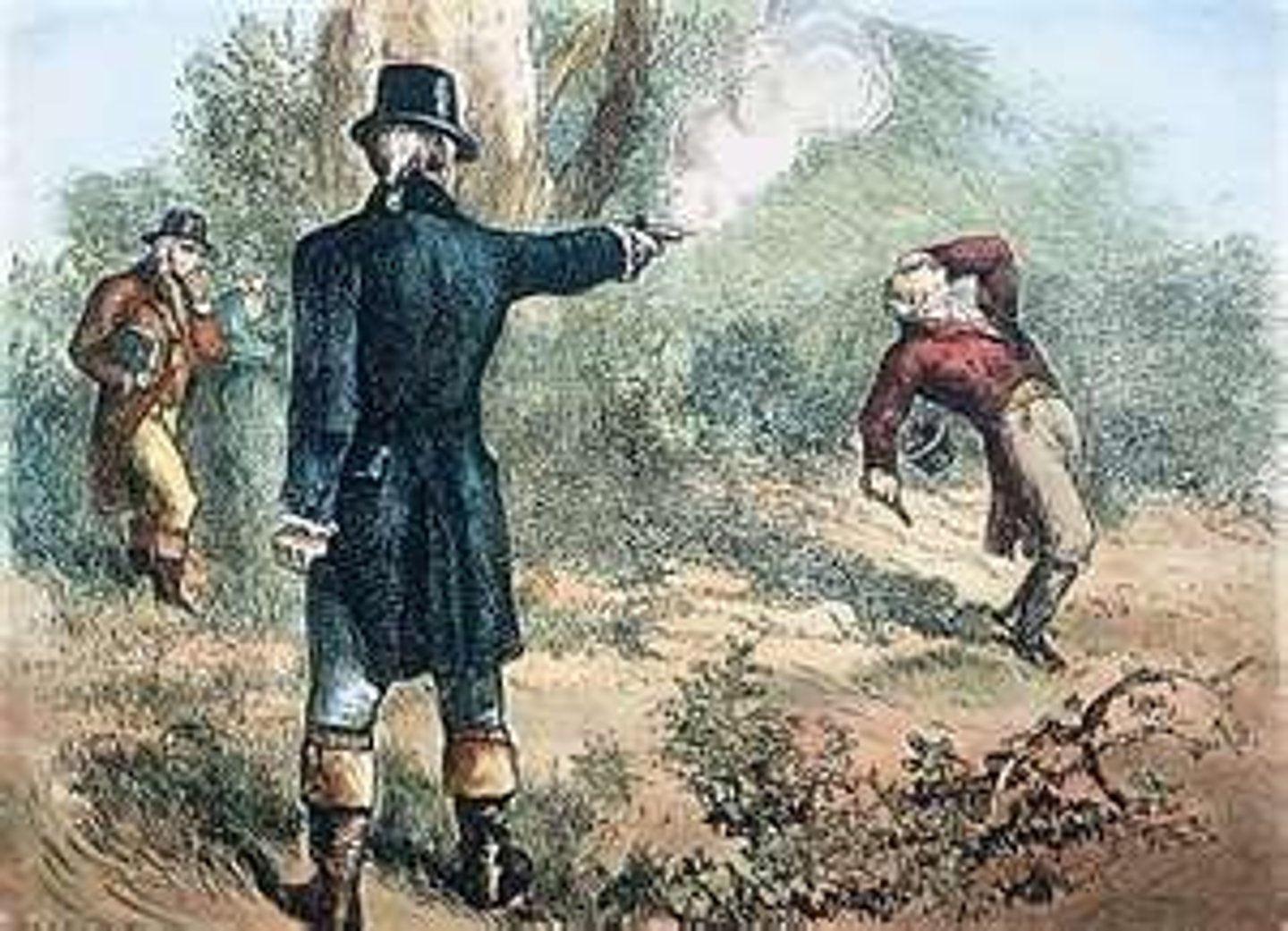
Barbary Pirates
- Pirates from North Africa who would attack merchant ships unless they paid tribute
- President Jefferson refused to pay this tribute, so Tripoli declared war on the United States
- Jefferson sent warships to protect US merchants
- Tripoli eventually signed a peace treaty with the United States
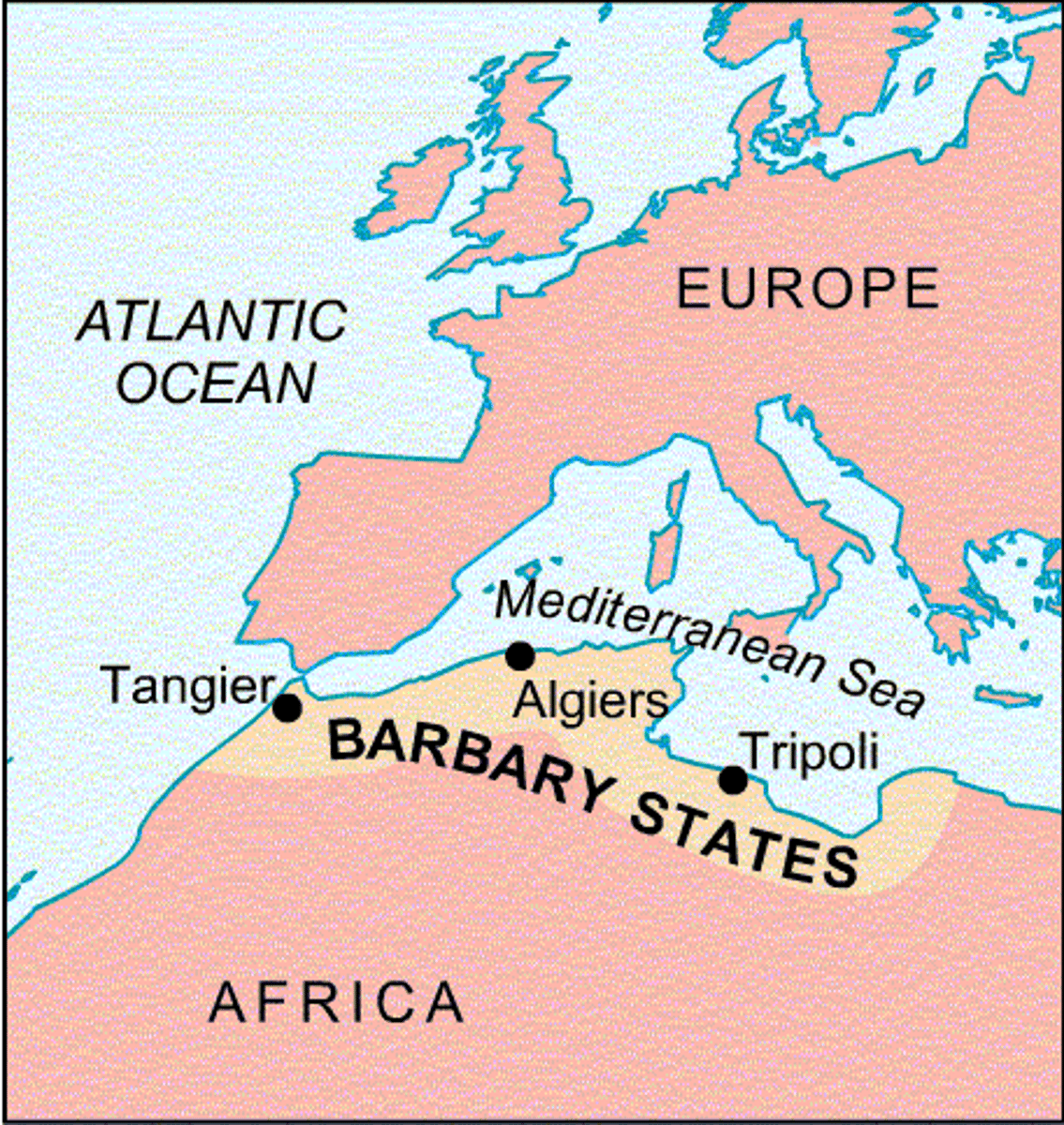
Chesapeake-Leopard Affair
- The British warship, the Leopard, stopped a U.S. warship, the Chesapeake, to search for deserters.
- When the Chesapeake's captain refused to allow a search, the Leopard opened fire
- 21 American sailors were killed or wounded in the attack
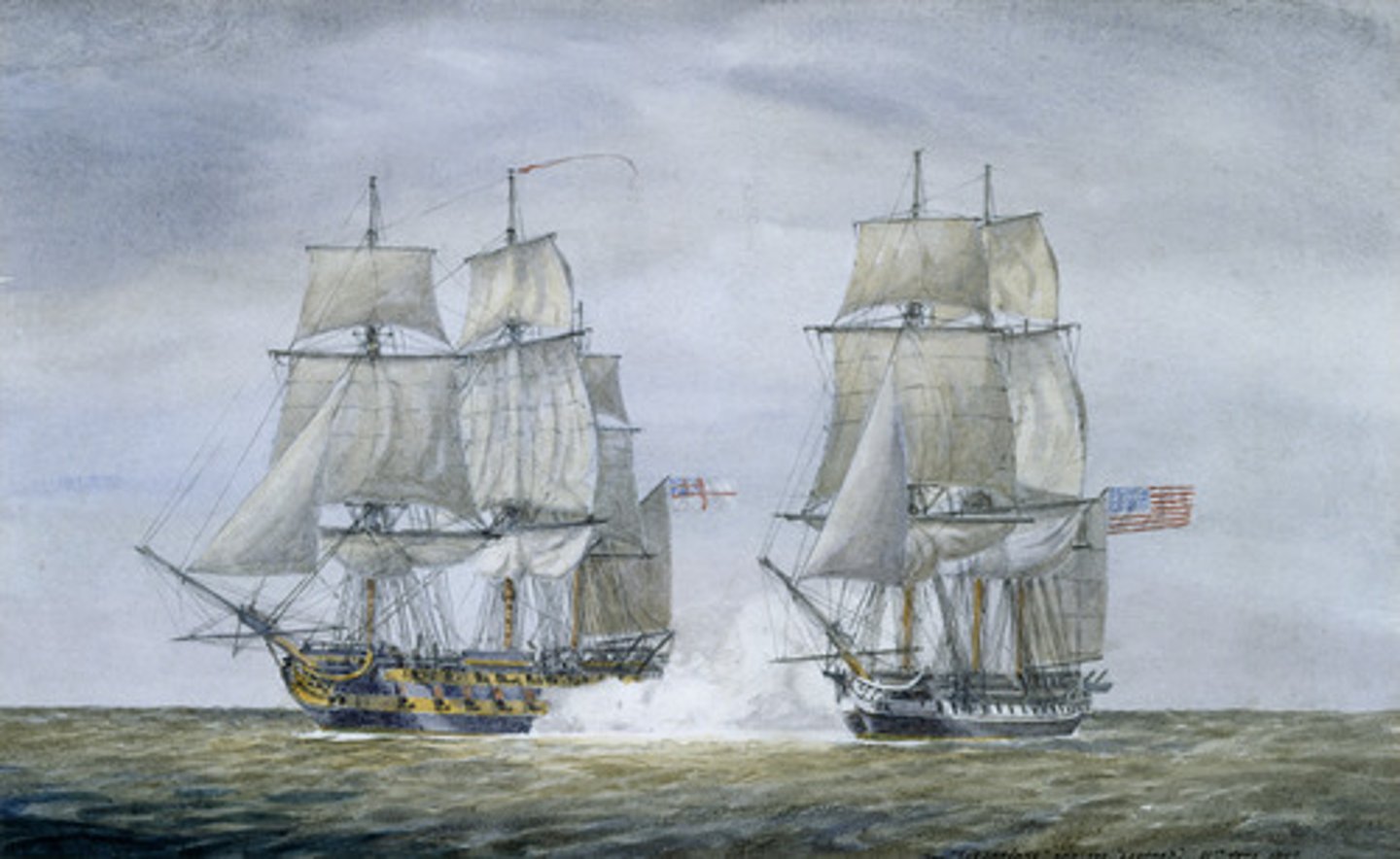
Embargo Act of 1807
- Britain and France were capturing US ships to stop them from trading with their enemy
- Jefferson called for an embargo on all trade to stop France and Britain from capturing American ships
- It was disastrous for the American economy and 55,000 American sailors lost their jobs
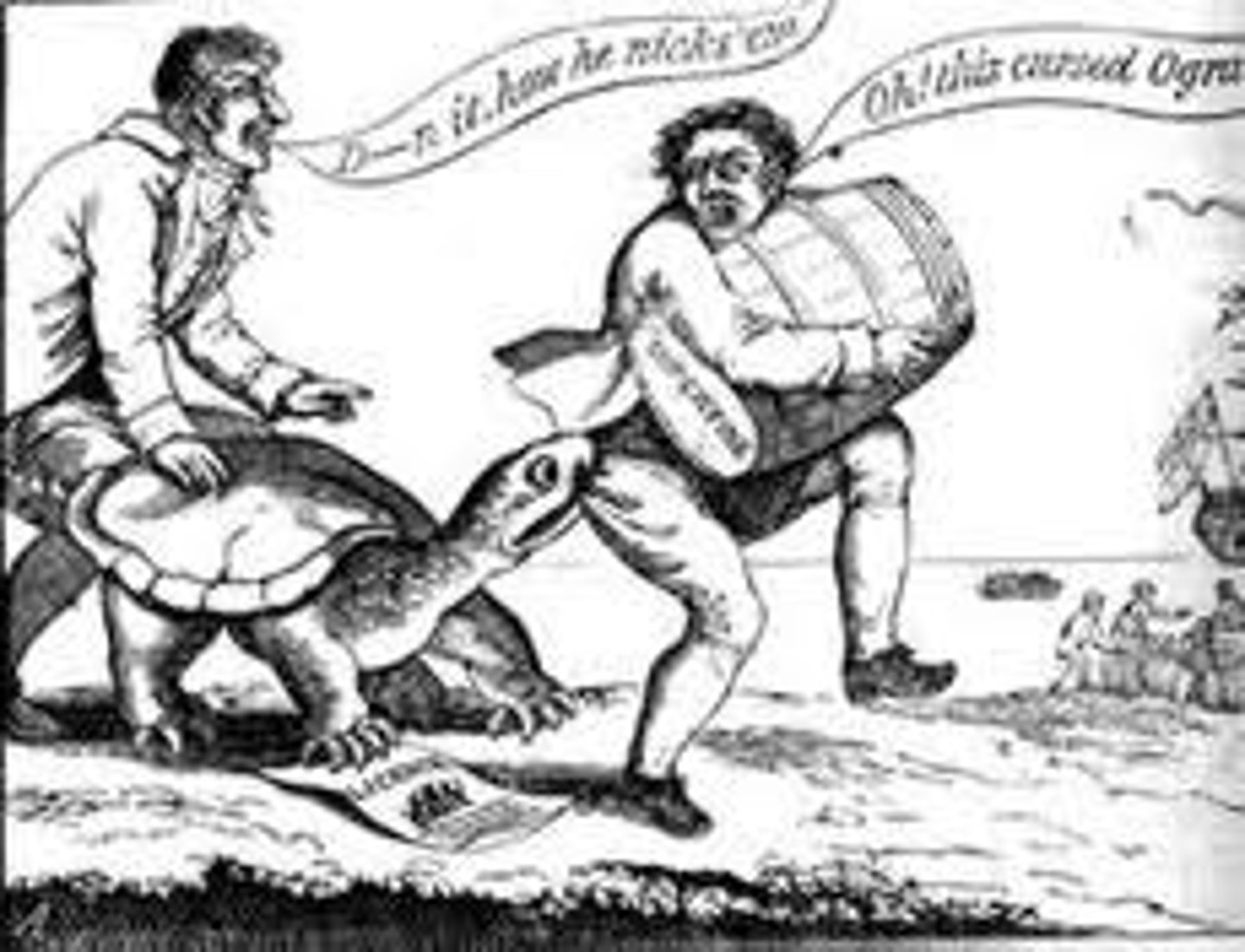
James Madison
- Fourth President
- Democratic-Republican
- Commander-in-chief during the War of 1812
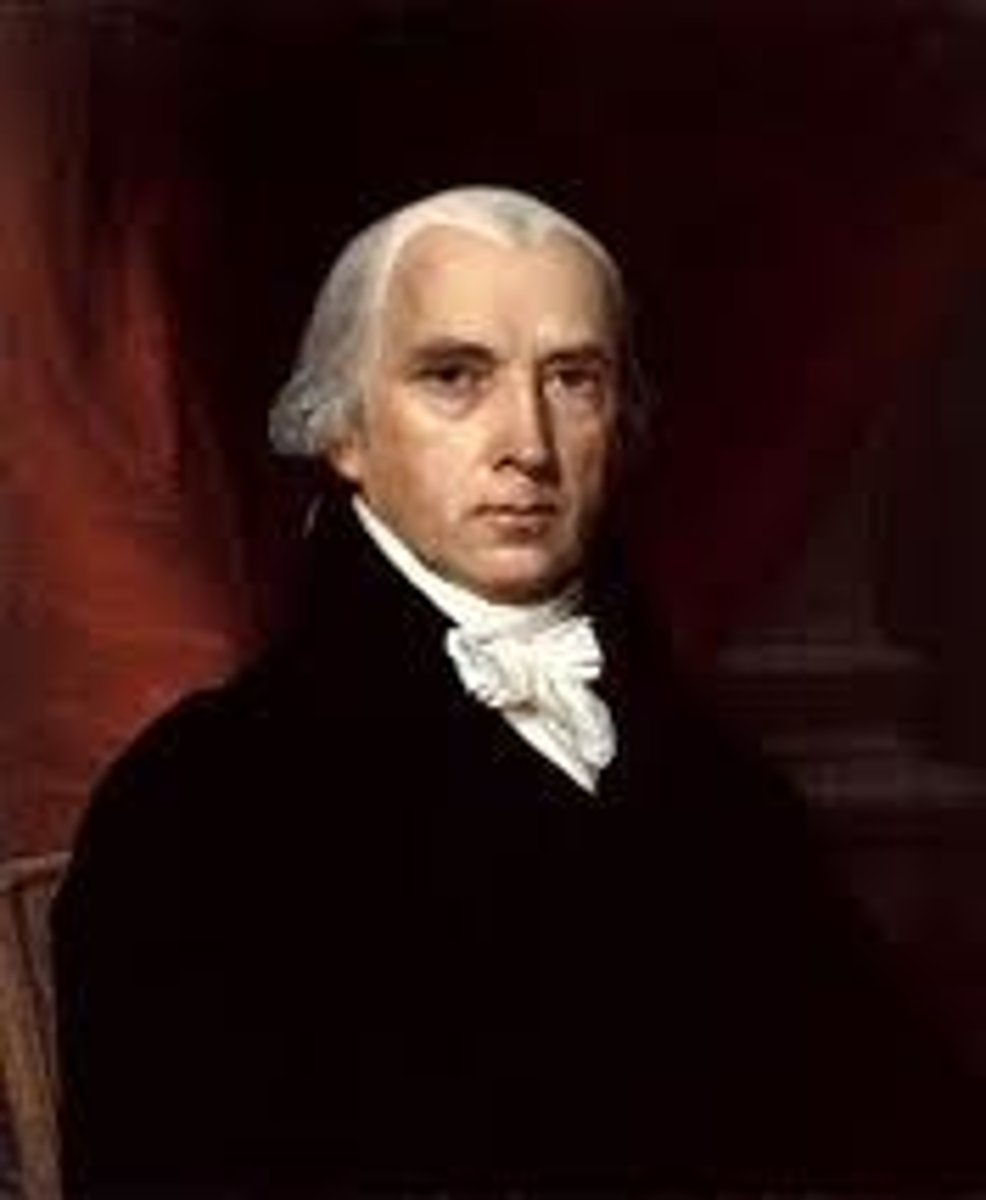
Causes of the War of 1812
- Impressment = Great Britain began impressing American sailors, or kidnapping them and forcing them to serve in the British navy because they claimed they were deserters
- Native Americans = The British were supplying Native Americans with weapons to resist American expansion
- War Hawks = Congressmen such as Henry Clay and John C. Calhoun who were eager for war with Britain. They hoped to drive the British out of Canada and add it to the United States
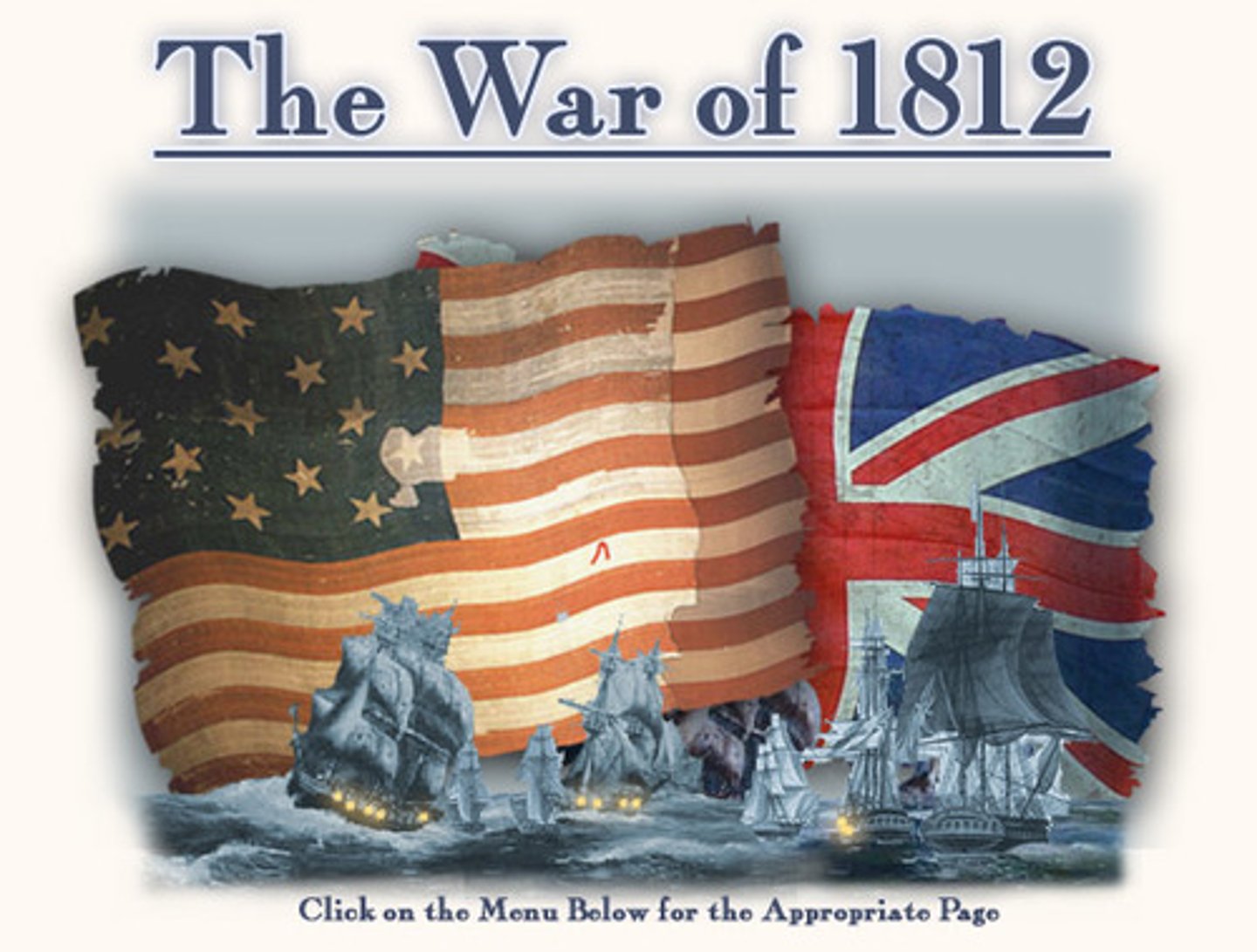
Burning of Washington
- Washington, D.C. was invaded by the British
- Large parts of the city, including the White House and Capitol Building, were burned by the British
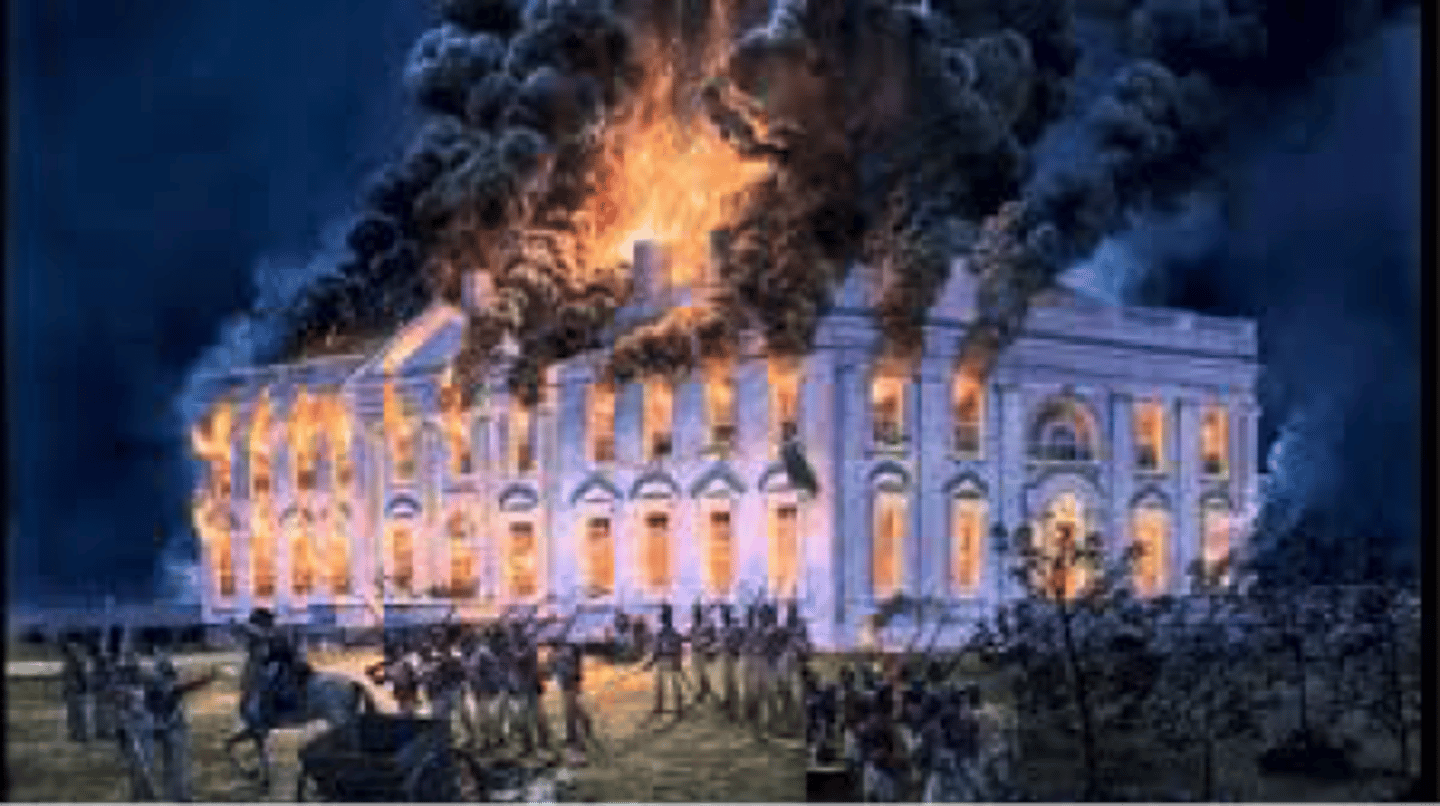
Battle of Baltimore (Fort McHenry)
- After an entire night of the British bombing Fort McHenry, the Americans were able to hold the fort and win the battle
- Inspired by the sight of the American flag waving throughout the battle and into the next morning, Francis Scott Key wrote a poem that would eventually become "The Star-Spangled Banner"
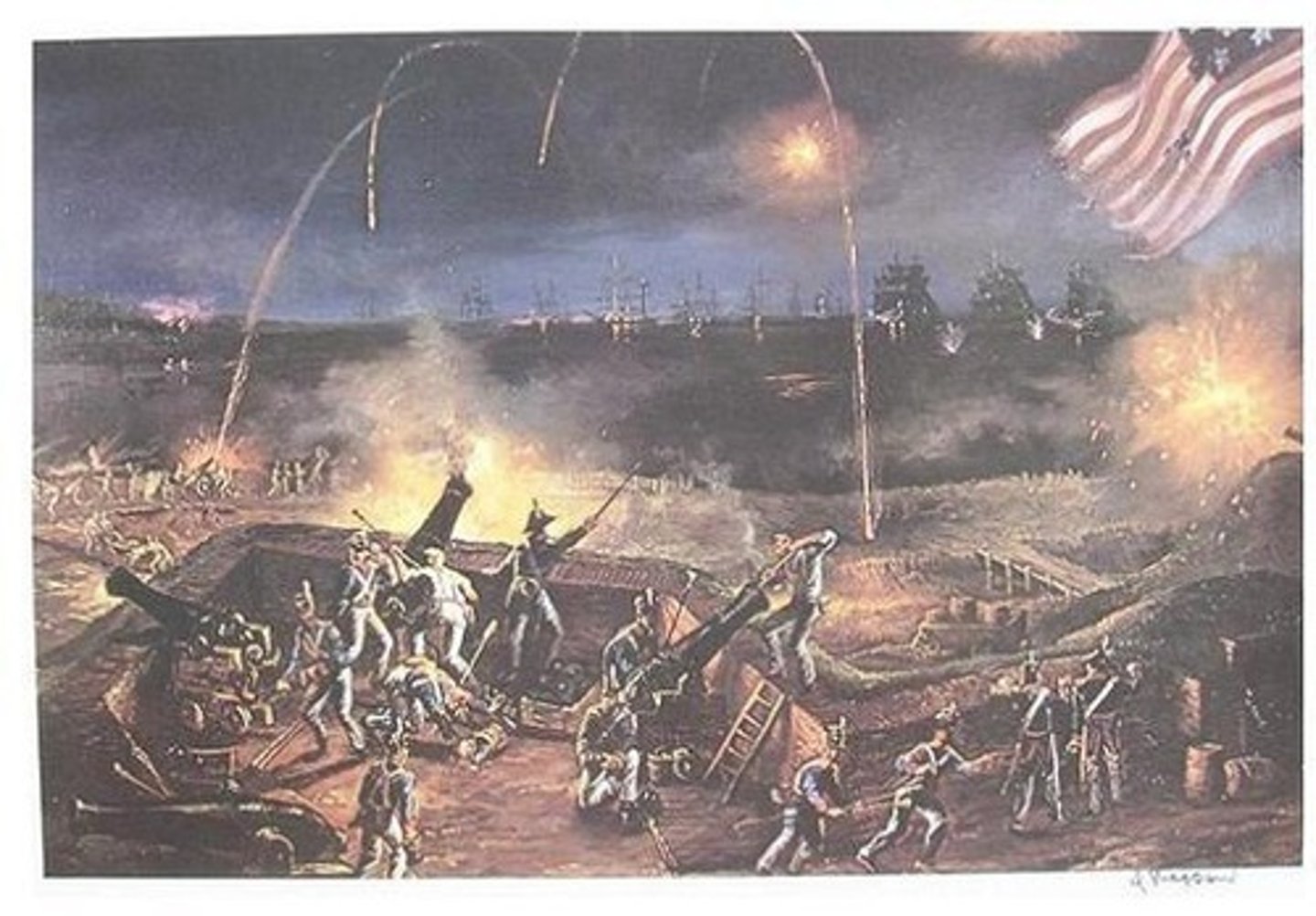
Treaty of Ghent
- Treaty signed between Britain and the US in Belgium
- Ended the war and reset all boundaries to what they were before the war (except for Native Americans)
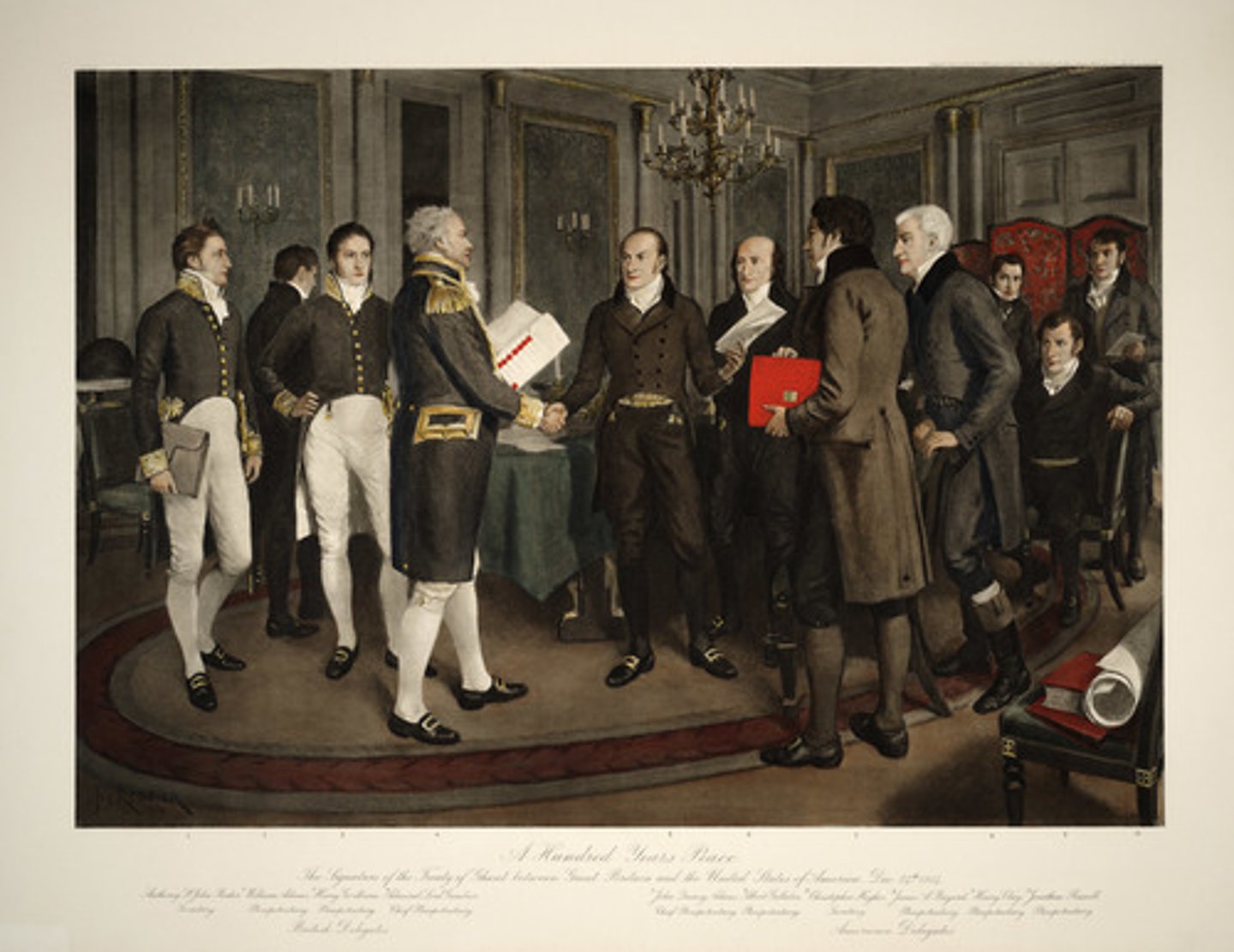
Battle of New Orleans
- Fought after the Treaty of Ghent was signed, due to slow communication
- Major US victory
- Made Andrew Jackson a national hero, which would later help him to win the presidency
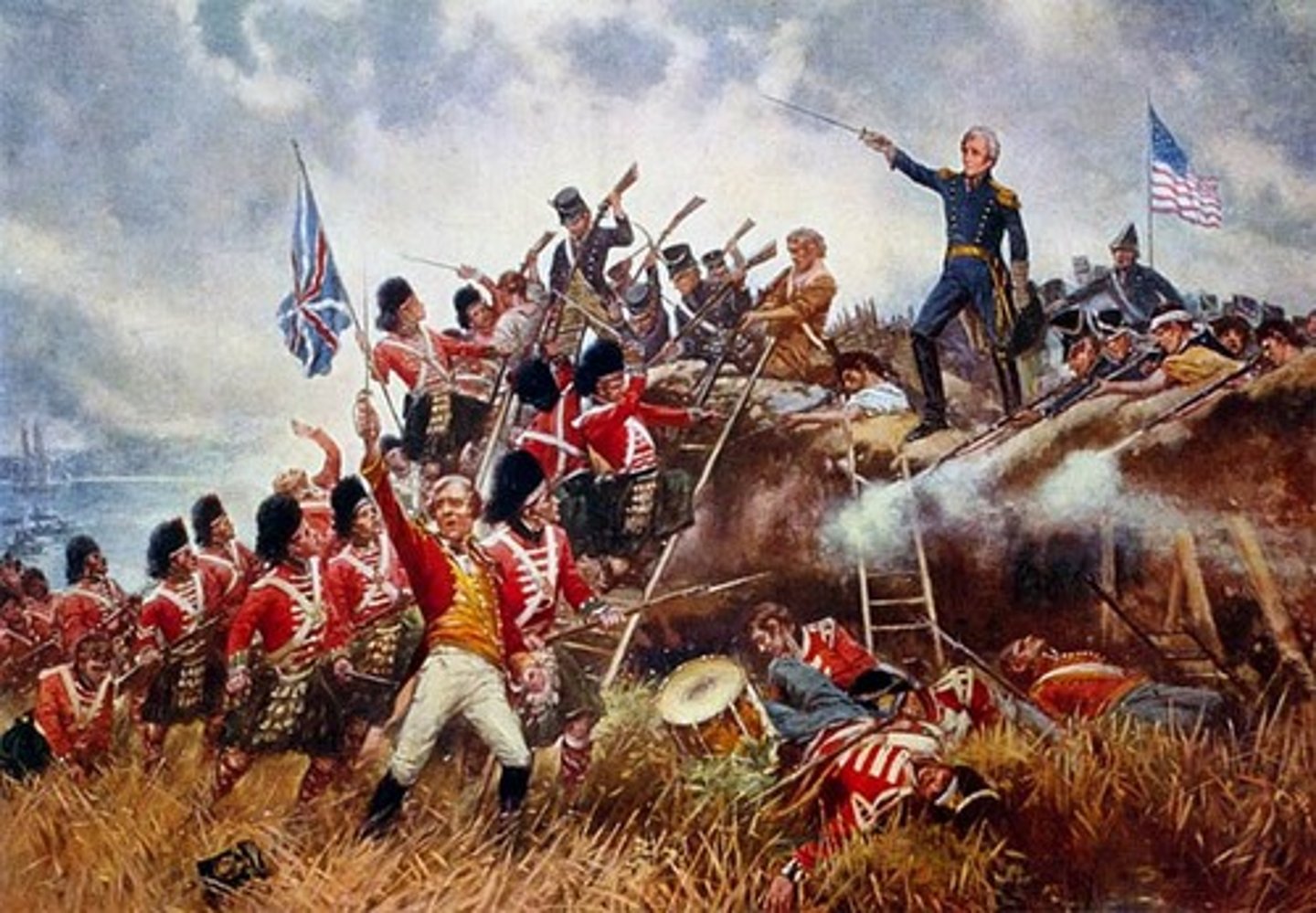
Results of the War of 1812
- No real winner of the war (military stalemate), however, many Americans felt and believed that the US had won
- Nationalism = increased sense of pride in being an American
- Led to the Era of Good Feelings under the next President, James Monroe
- Led to the end of the Federalist party, who had opposed the war and was seen as unpatriotic
- Native Americans suffered great losses in both people and land, which allowed for westward American expansion
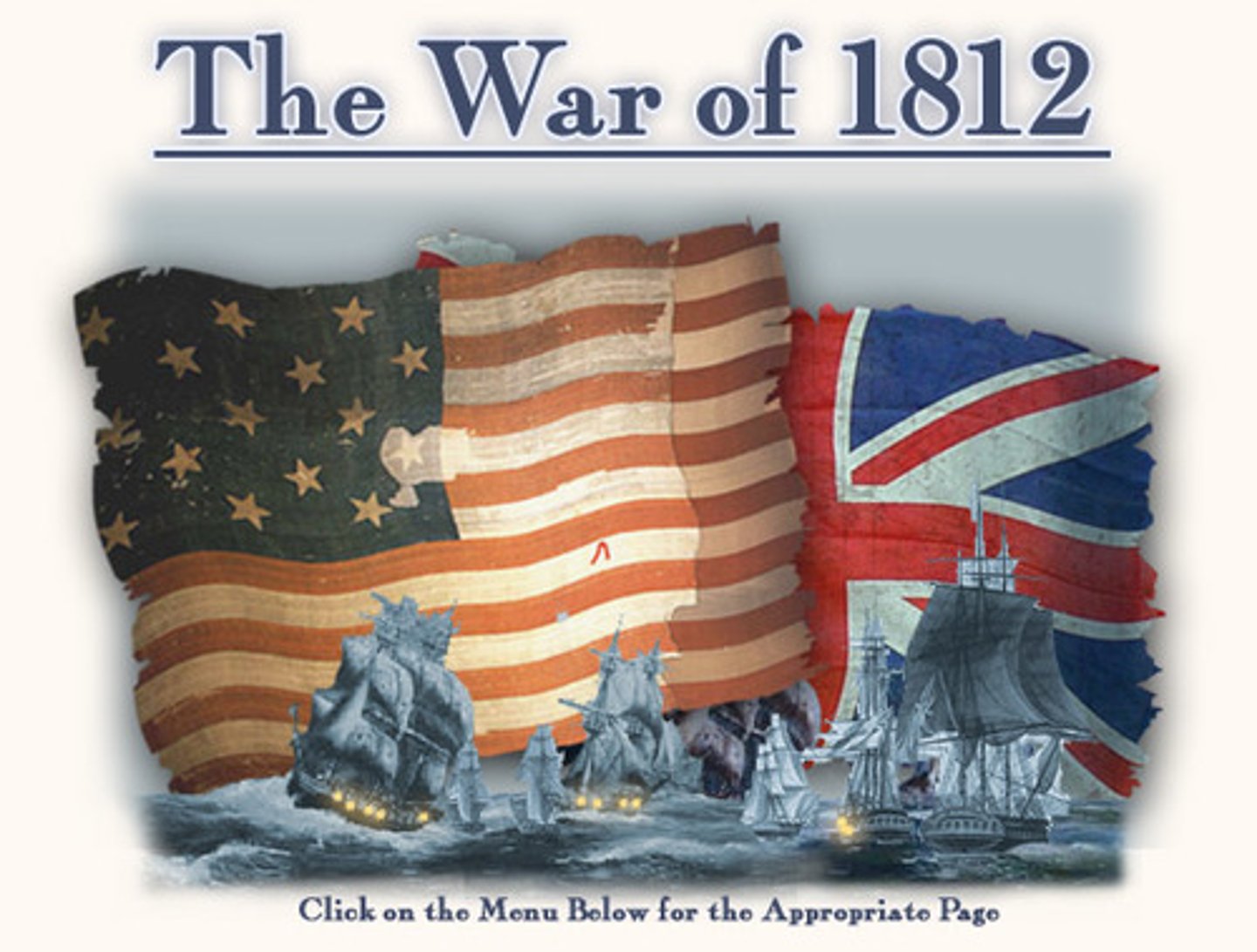
James Monroe
- Fifth President
- Democratic-Republican
- President during the "Era of Good Feelings"
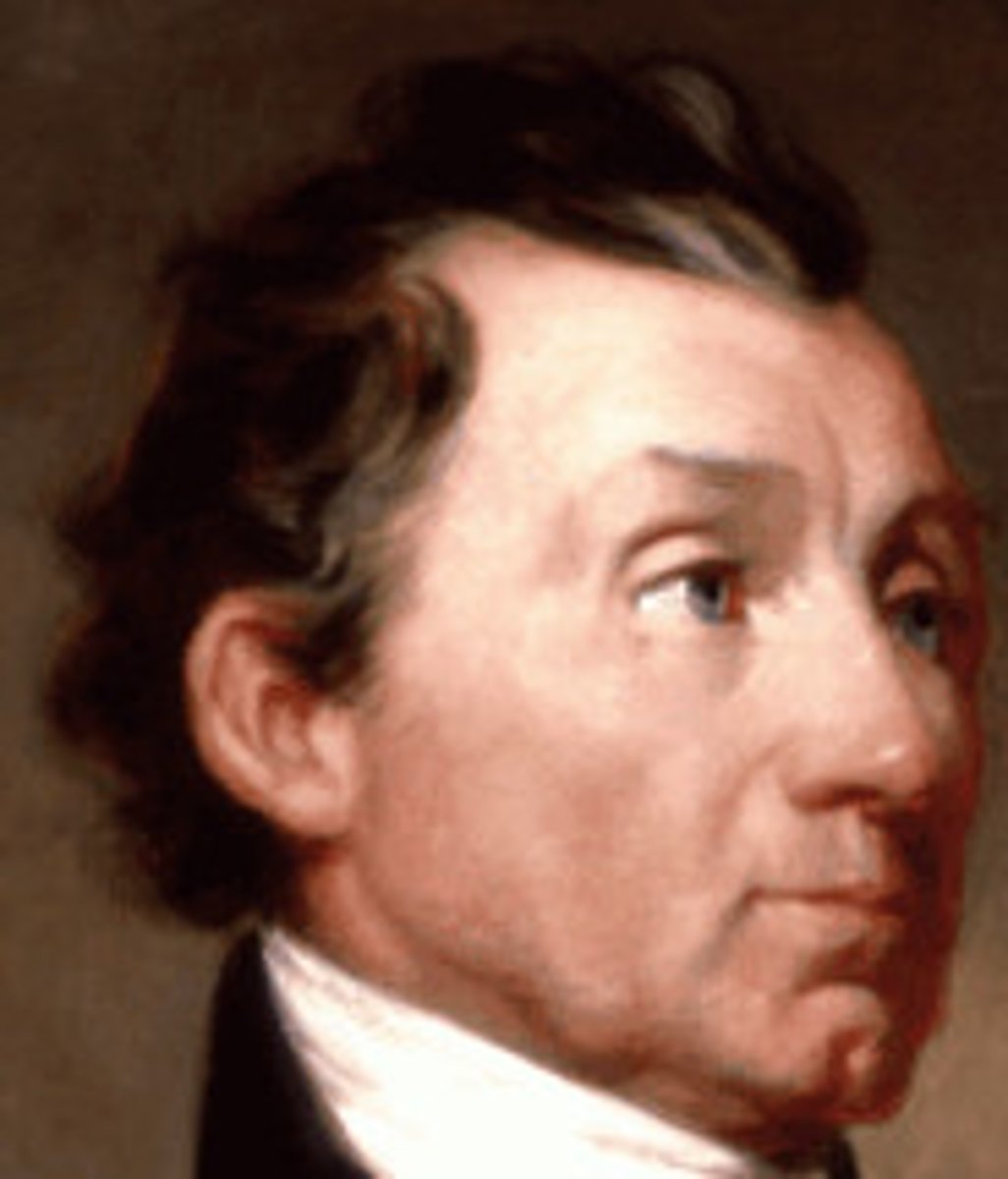
Era of Good Feelings
Known as a period in which there was a strong sense of national unity

Regional Differences during the Era of Good Feelings
- In the United States, distinct regional lifestyles and stereotypes developed because of geographical differences (where people lived)
- Northerners were seen as enterprising, thrifty, and quick to chase a dollar
- Southerners were seen as cultured, gracious, and lazy
- Westerners were seen as hardy, rugged, and crude
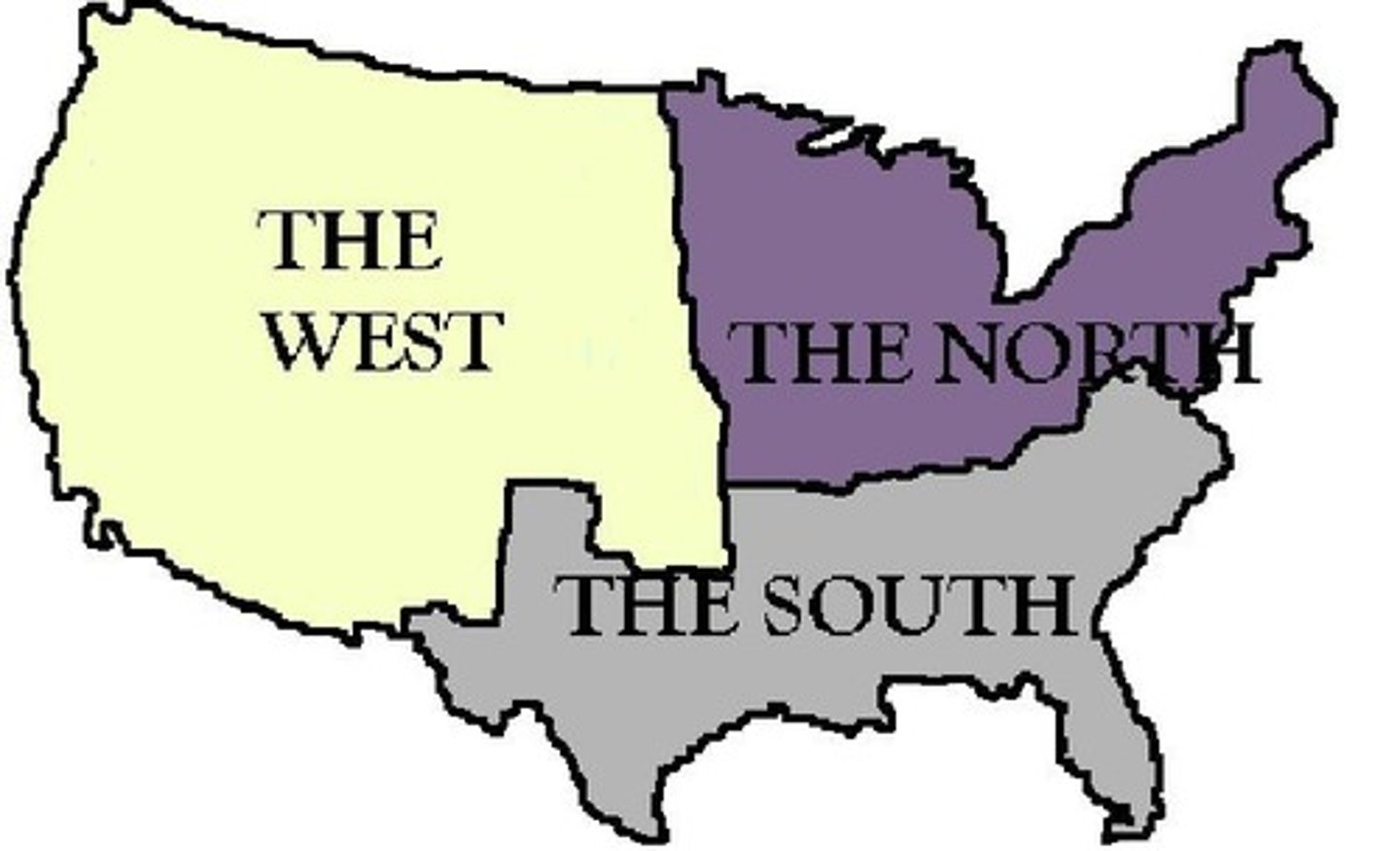
The American System
- Congressman Henry Clay's plan to encourage US economic growth through capitalism
- Three components:
1. Protective tariff on imported goods, which would help American businesses
2. Second National Bank, to provide a standardized currency
3. Funding transportation projects, to make trade and commerce more efficient
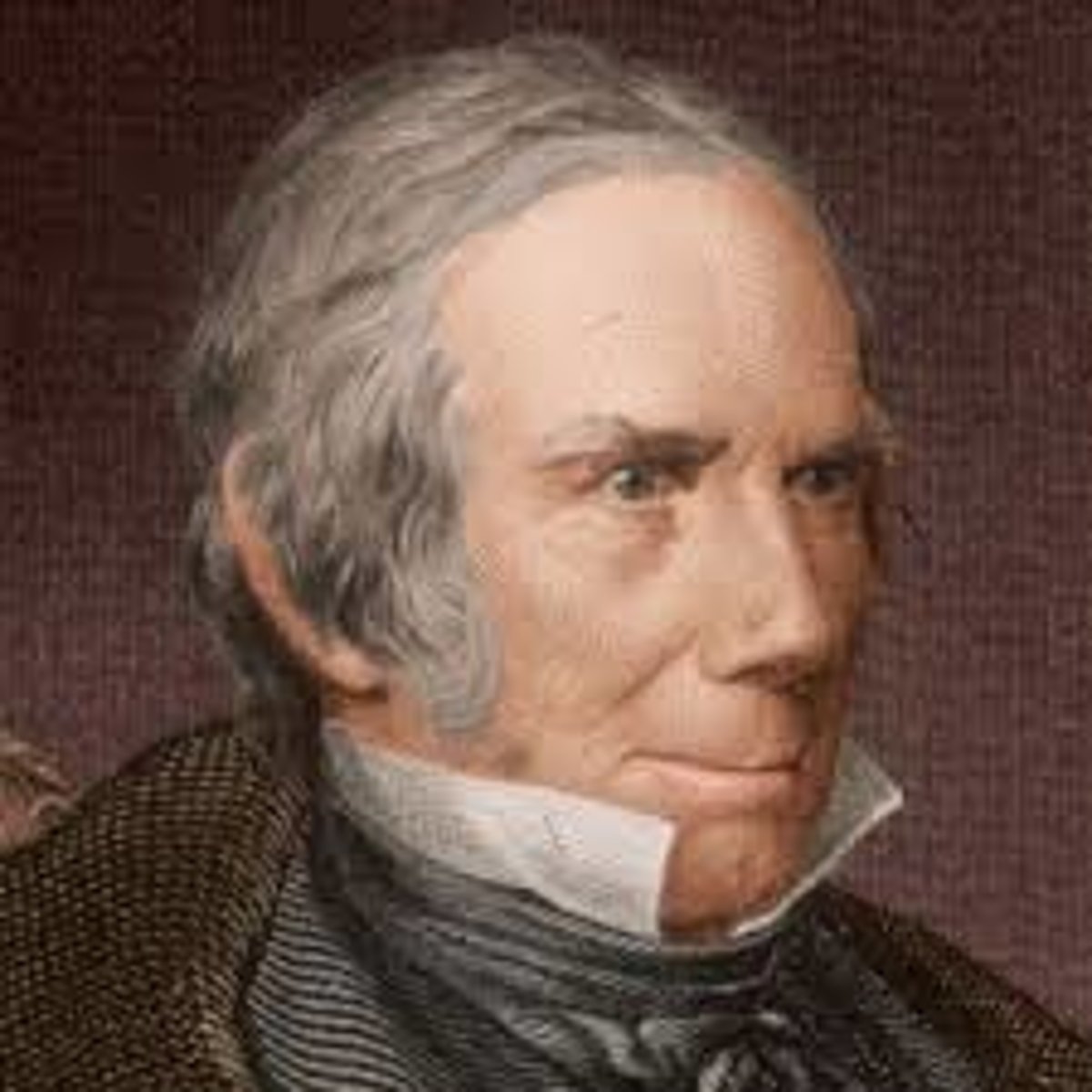
Supreme Court during the Era of Good Feelings
- Led by Chief Justice John Marshall
- Many of the Court's decisions during this period led to the growth of capitalism and increased the power of the federal government over states
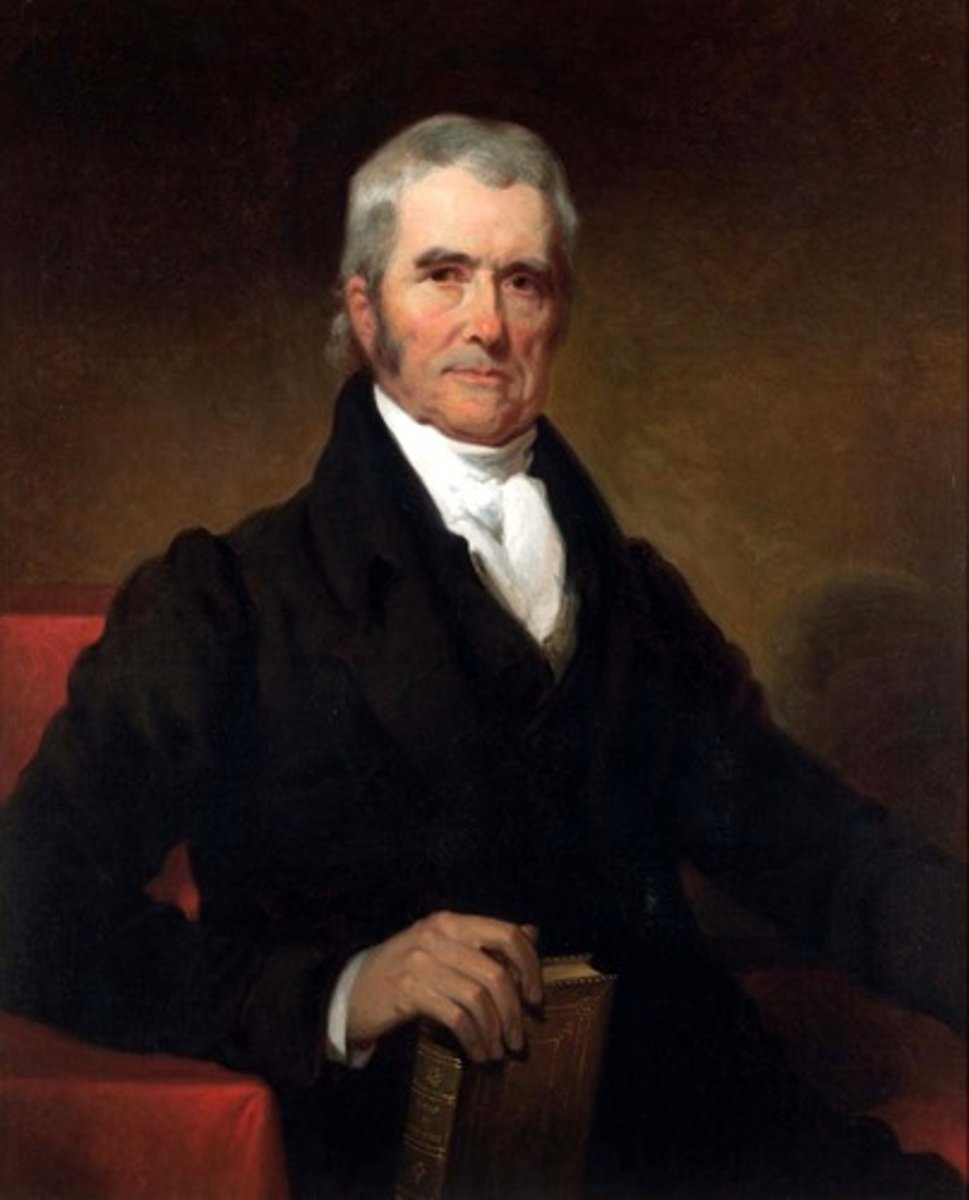
Acquisition of Florida
Spain yielded Florida to the United States, which paid off $5 million in debt they owed the US
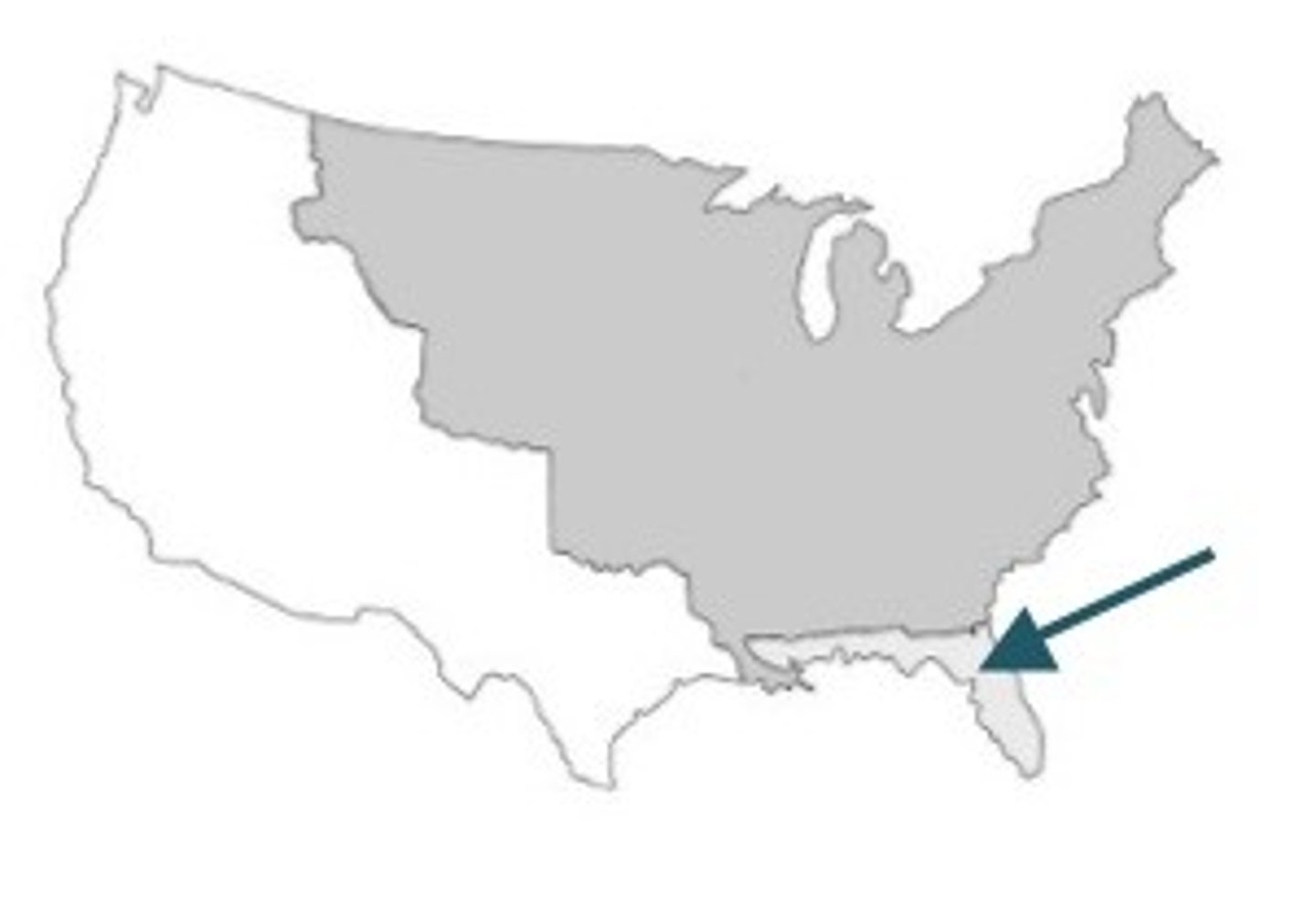
Missouri Compromise
- The main goal was to maintain the balance of states with slavery and free states
- Missouri would be added as a state with slavery
- Maine would be added as a free state
- All new states added south of the 36˚30´ parallel (southern border of Missouri) would be states with slavery, while all new states added north of the line would be free states
- Temporary solution that would only prolong the issue of slavery in the United States
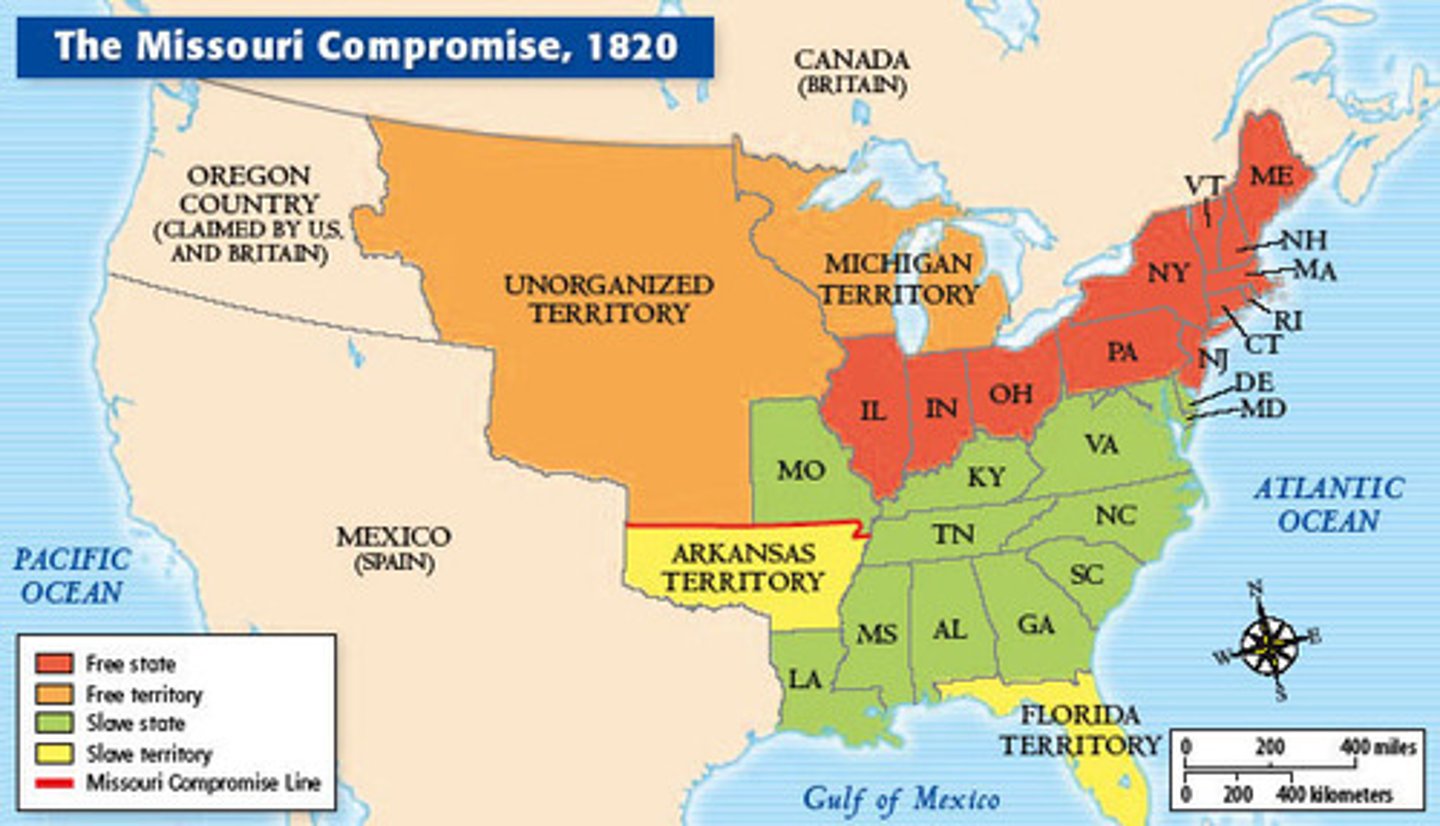
Monroe Doctrine
- Many Latin American countries were declaring independence from Spain
- This made some European leaders nervous because they felt that revolutions in these countries threatened their rule
- The Monroe Doctrine stated that European nations were not to interfere with any nations in the western hemisphere (North & South Americas)
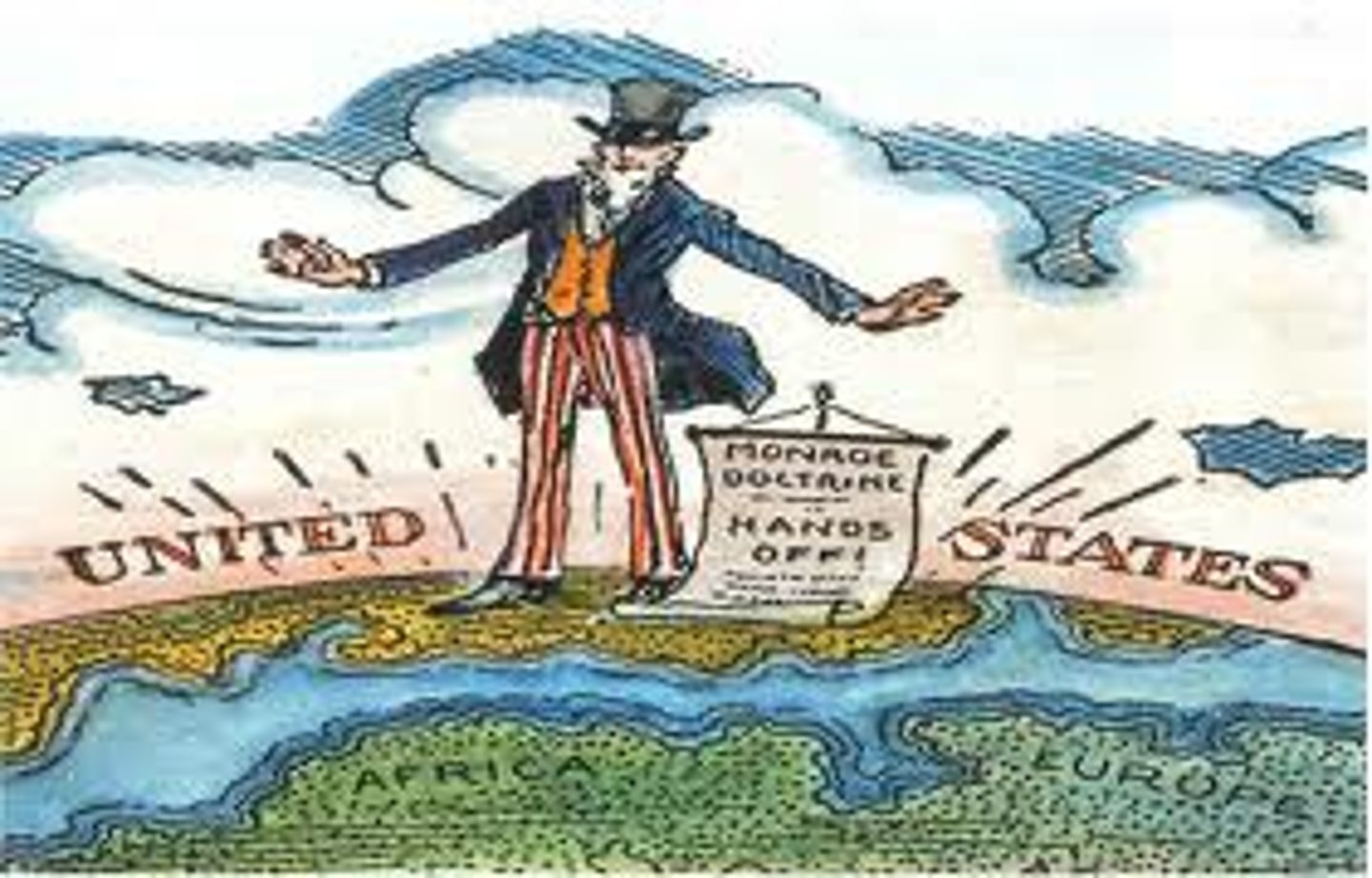
Results of the Monroe Doctrine
- Increased national pride across the United States
- It became a staple of US foreign policy for years to come
- The United States demonstrated its strength as a nation
